3-Day Spectacular Exploration of Bucharest, Romania
Bucharest, Romania
3 days
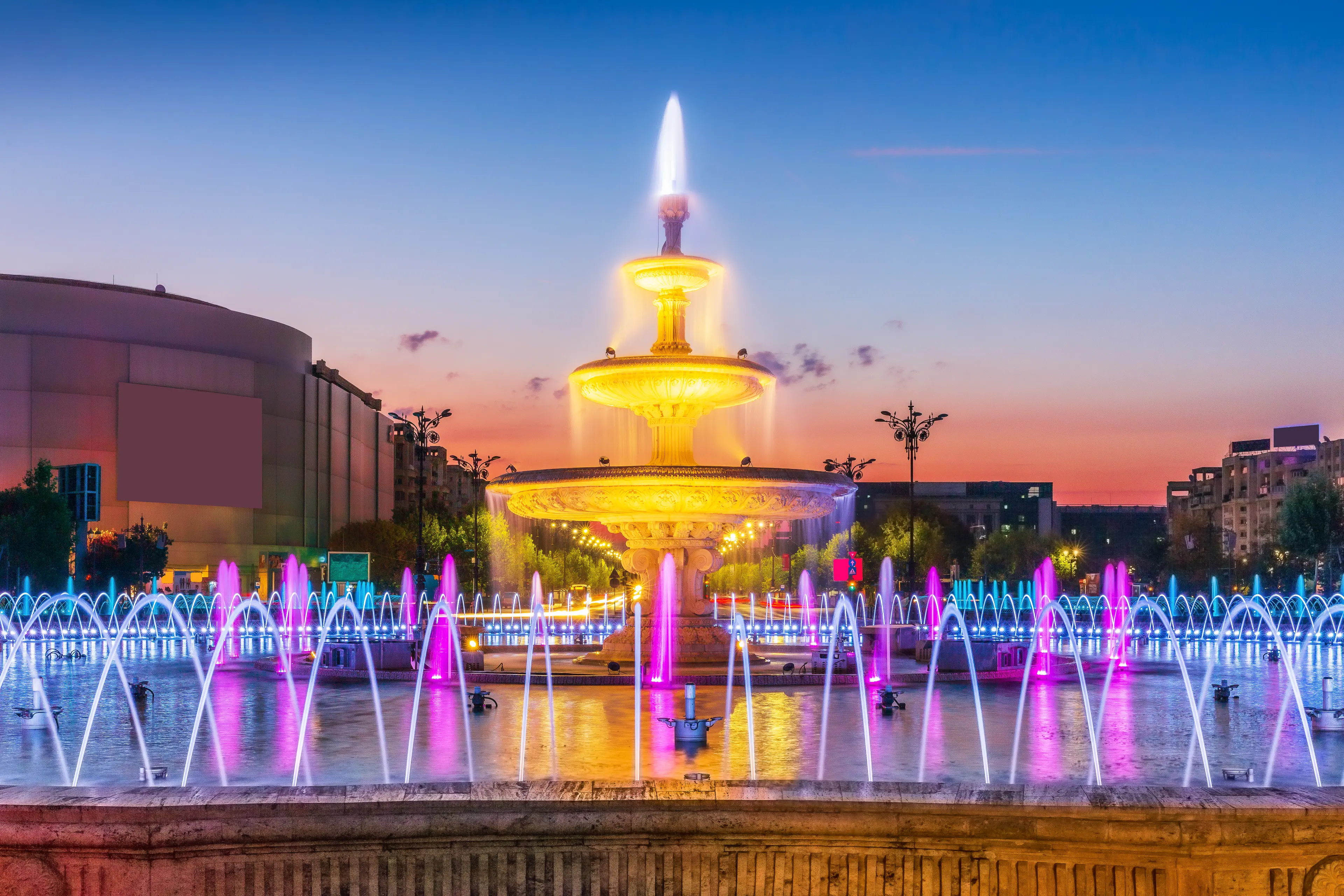
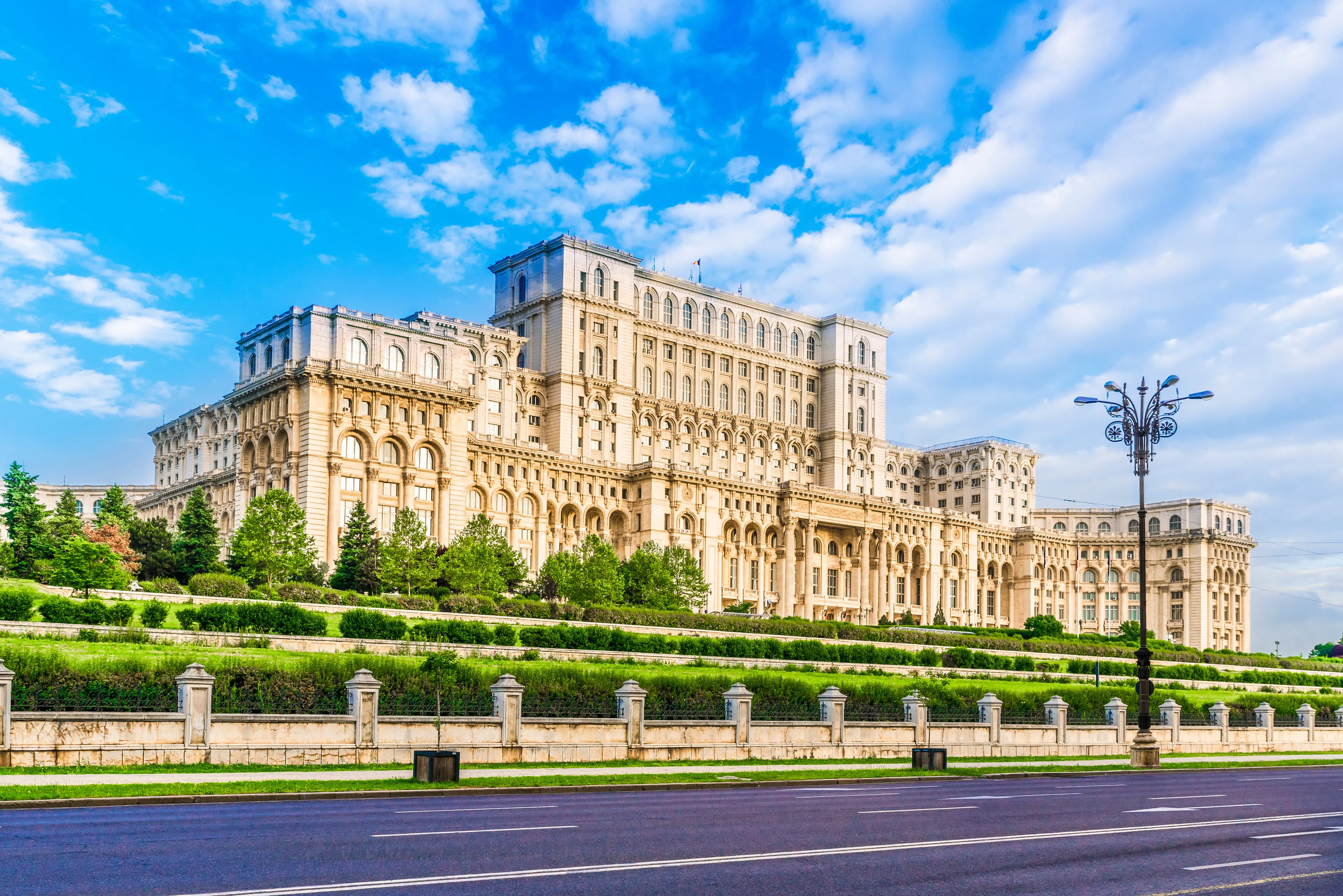

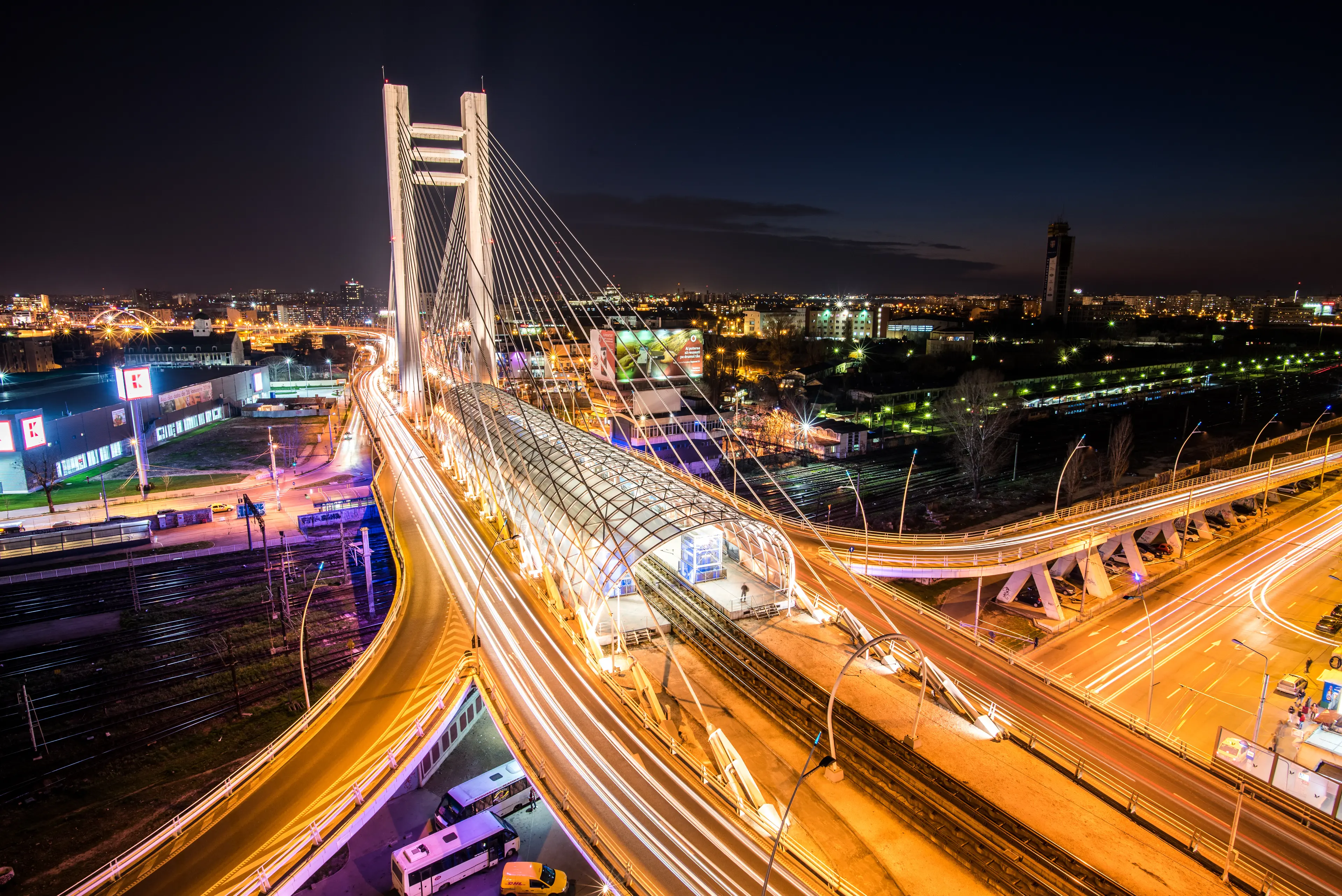
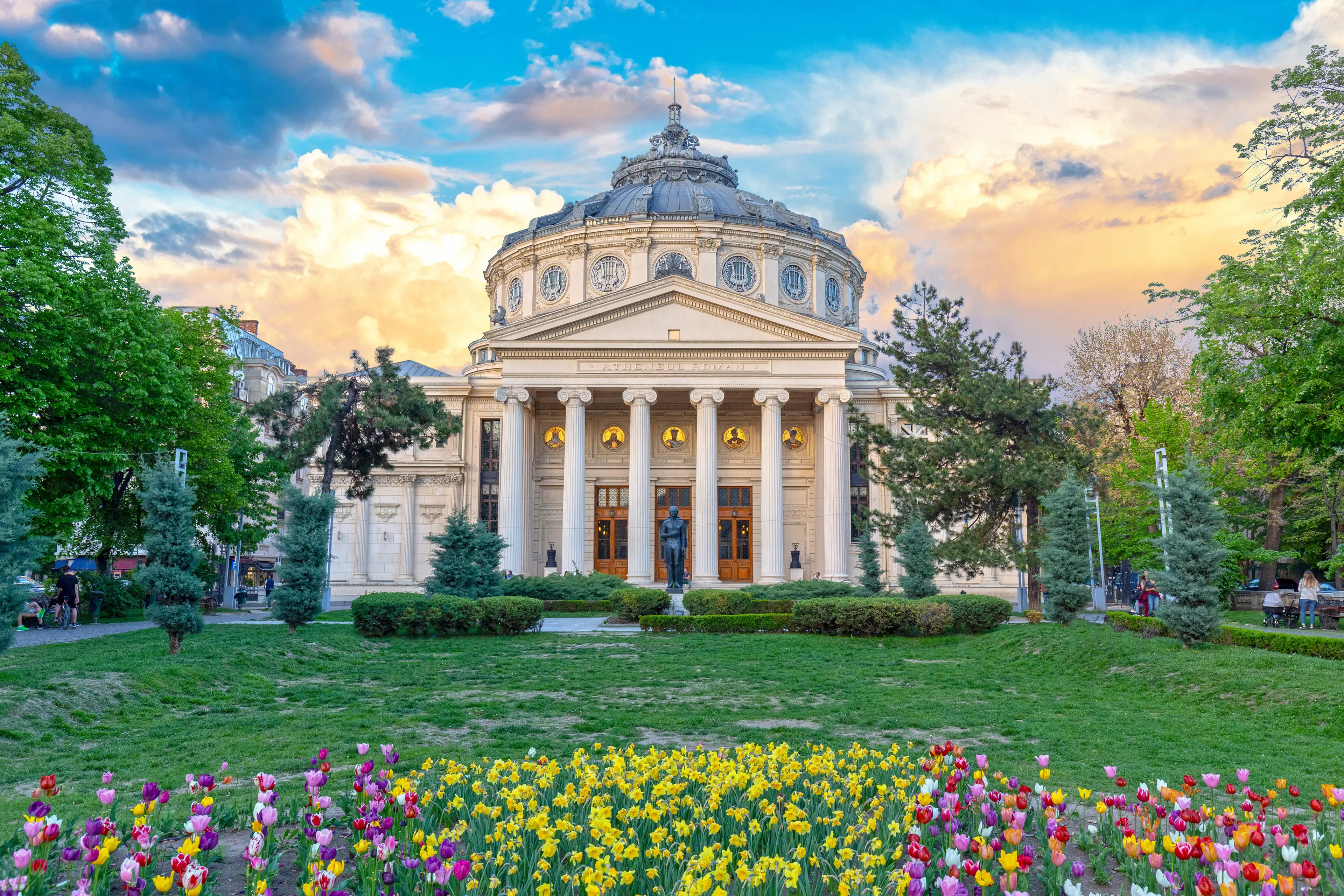
About Bucharest, Romania
Discover the vibrant city of Bucharest, Romania's bustling capital, where history and modernity coexist. Explore the city's rich past through its well-preserved landmarks like the Palace of the Parliament, one of the world's largest administrative buildings. Wander through the charming Old Town, brimming with lively cafes, restaurants, and boutiques. Visit the Village Museum showcasing traditional Romanian village life. Enjoy Bucharest's thriving arts scene at the Romanian Athenaeum or the National Museum of Art. Experience the city's nightlife at its numerous clubs and bars. Bucharest, with its unique blend of Eastern and Western culture, offers a captivating travel experience.
3-Day Itinerary
Day 2
Immersing in Culture and Nightlife
Morning
Visit the Village Museum, an open-air ethnographic museum showcasing traditional Romanian village life. It's a peaceful and picturesque spot.
Lunch
Have lunch in a restaurant near the museum. Try some local dishes like mici (grilled minced meat rolls) and papanasi (a sweet cheese-filled pastry).
Afternoon
Spend the afternoon at the Romanian Athenaeum, a stunning concert hall that's considered a symbol of the city. If you're lucky, you might be able to catch a performance.
Dinner
Enjoy a dinner in a restaurant offering a fusion of Romanian and international cuisine. Bucharest's food scene is diverse and exciting.
Evening
Experience Bucharest's nightlife in the Lipscani District, known for its lively bars and clubs. It's the perfect place to end your day.
Day 3
Art, Gardens, and Farewell Views
Morning
Start your day with a visit to the National Museum of Art of Romania, which houses an impressive collection of Romanian and European art.
Lunch
Have lunch in a restaurant near the museum. Try some local dishes like ciorba de burta (tripe soup) and cozonac (a sweet bread).
Afternoon
Spend the afternoon exploring Cismigiu Gardens, the city's oldest public garden. It's a beautiful spot for a leisurely stroll.
Dinner
Have your final dinner in Bucharest in a restaurant offering a mix of traditional and modern Romanian cuisine.
Evening
End your trip with a visit to the Arcul de Triumf, a triumphal arch that offers stunning views of the city. It's a fitting end to your Bucharest adventure.
Attractions in Itinerary (10)
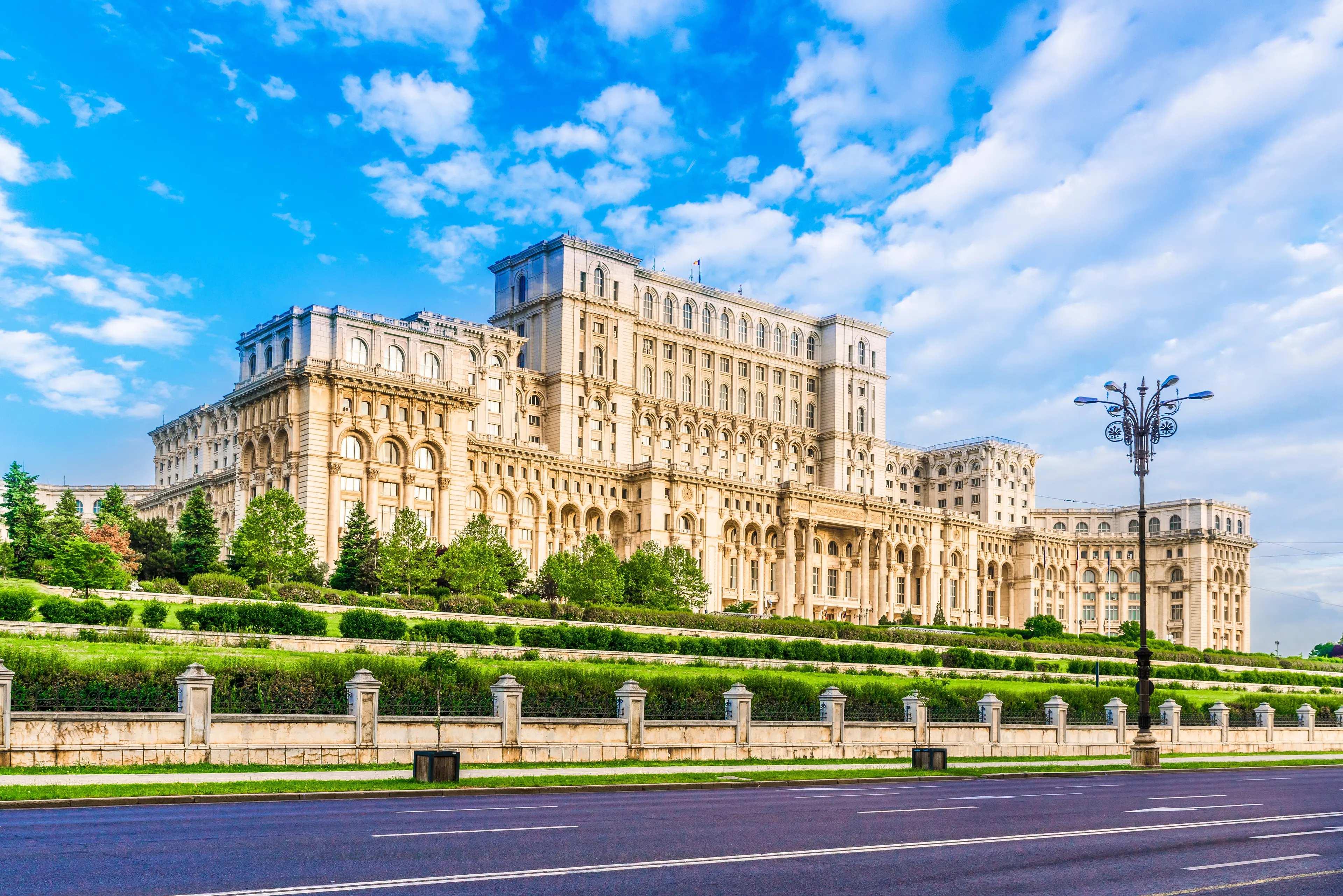
1Palace of the Parliament
The Palace of the Parliament is the world's heaviest building and a symbol of Ceausescu's megalomania. It houses the Romanian Parliament and the National Museum of Contemporary Art.
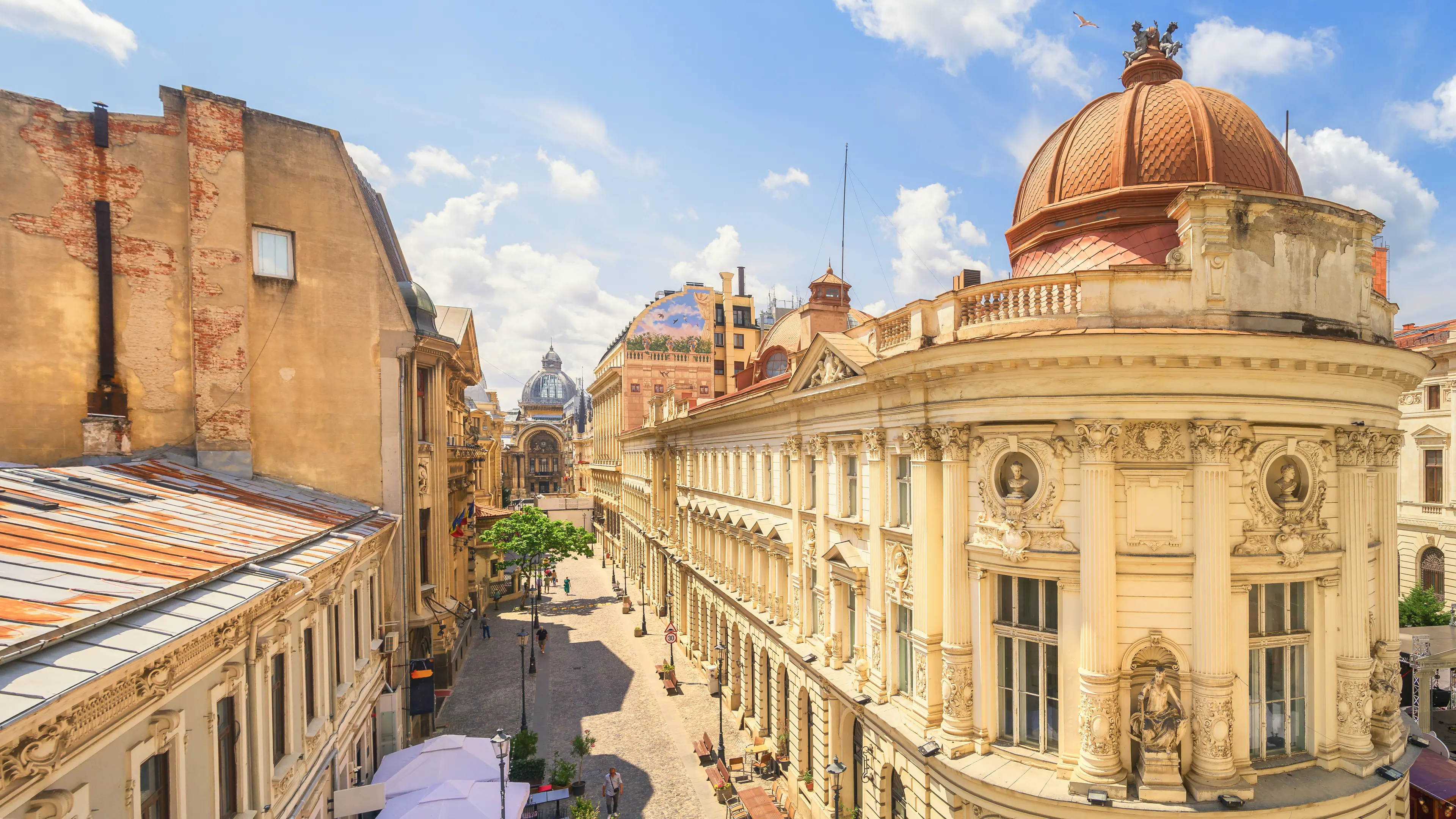
2Old Town
The Old Town of Bucharest, also known as Lipscani district, is a mix of history, local culture and life style, a trendy entertainment district and favorite hangout for the locals.
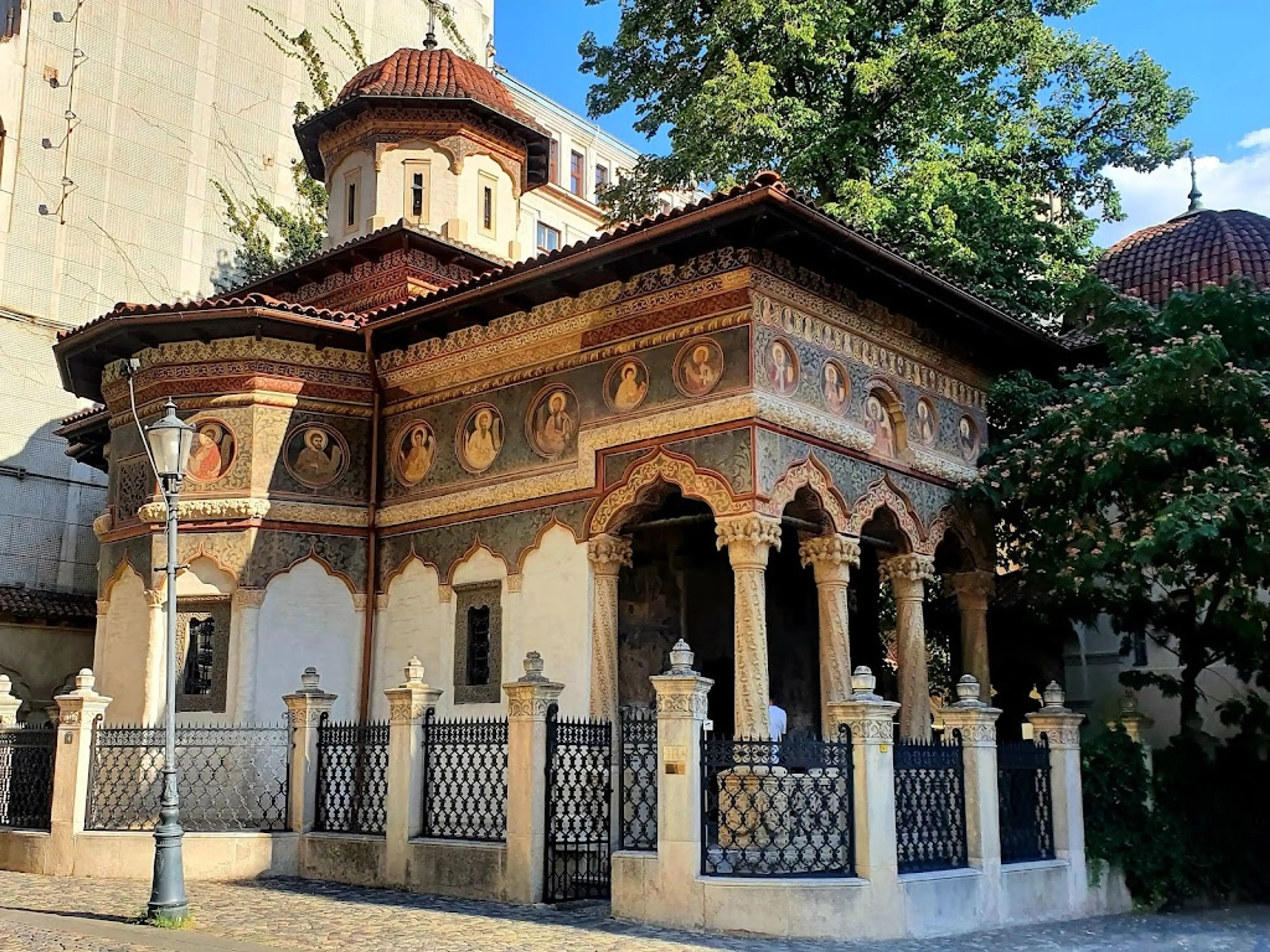
3Stavropoleos Monastery
Stavropoleos Monastery is an Eastern Orthodox monastery for nuns in central Bucharest. It is known for its Brâncovenesc style, a traditional Romanian architectural style.
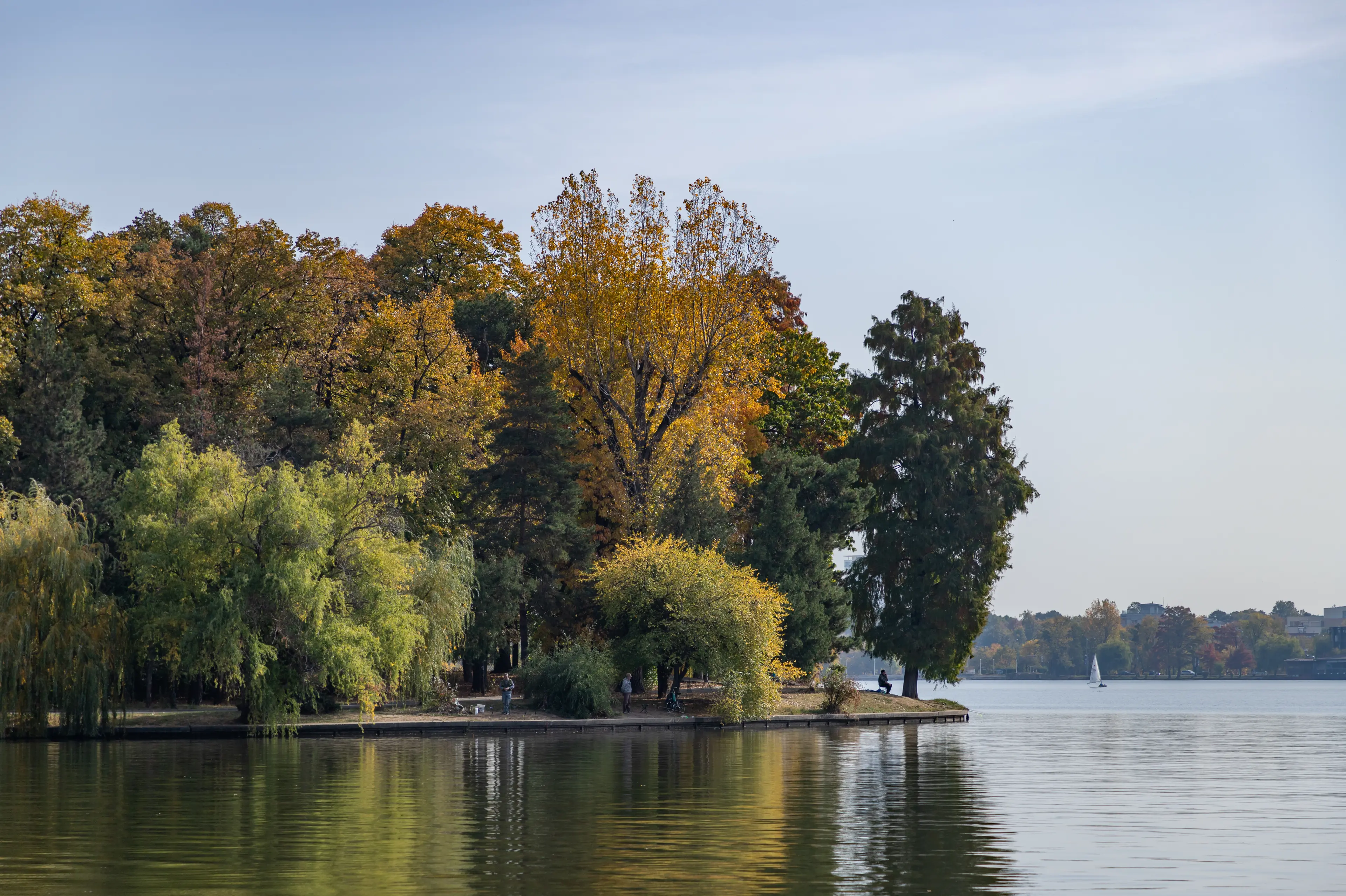
4Herastrau Park
Herastrau Park is a large park on the northern side of Bucharest, around Lake Herastrau. It is perfect for walks, picnics, and outdoor activities.
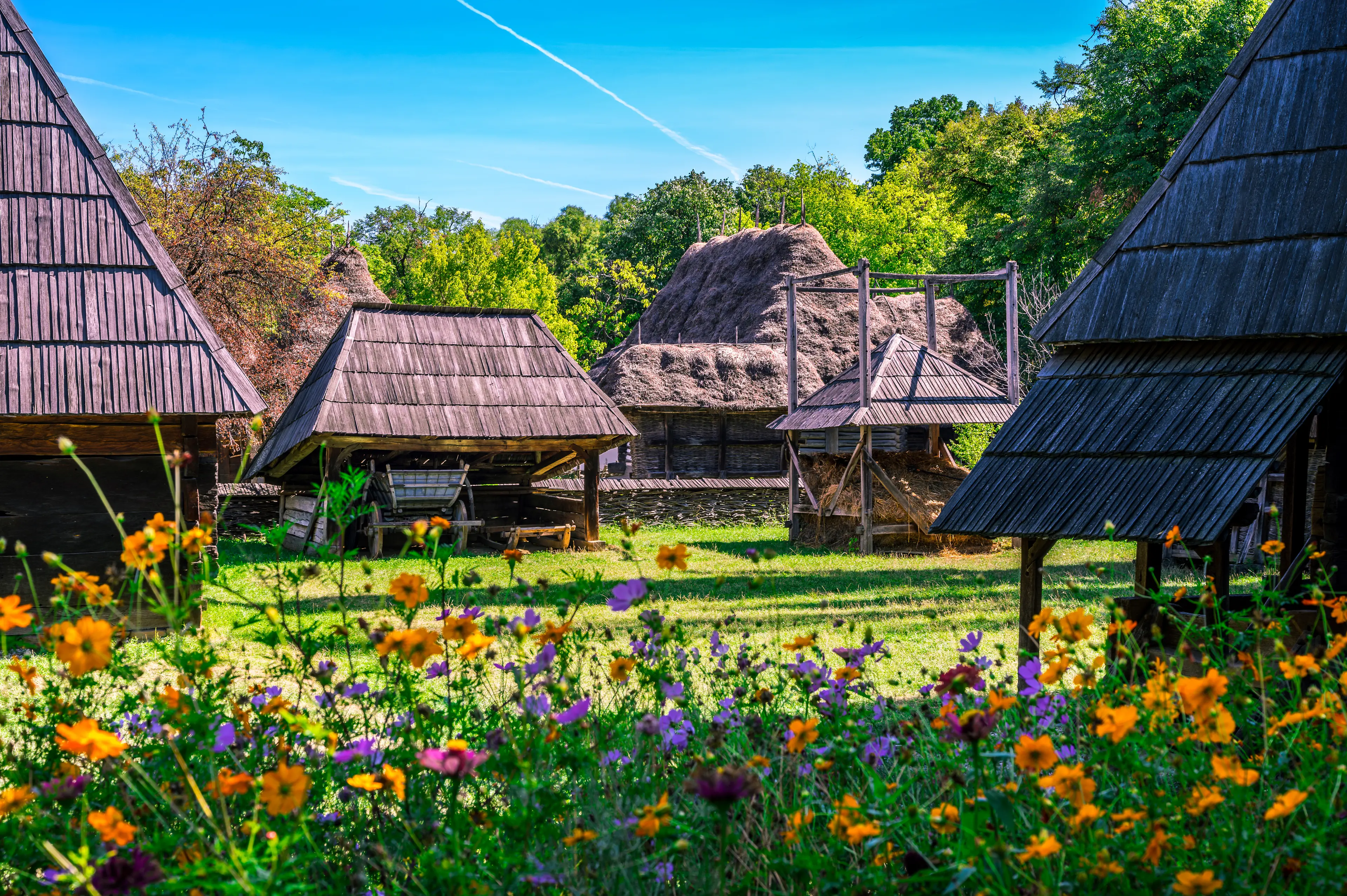
5Village Museum
The Village Museum is an open-air ethnographic museum located in the Herastrau Park, showcasing traditional Romanian village life. The museum extends to over 100,000 m2, and contains 272 authentic peasant farms and houses from all over Romania.
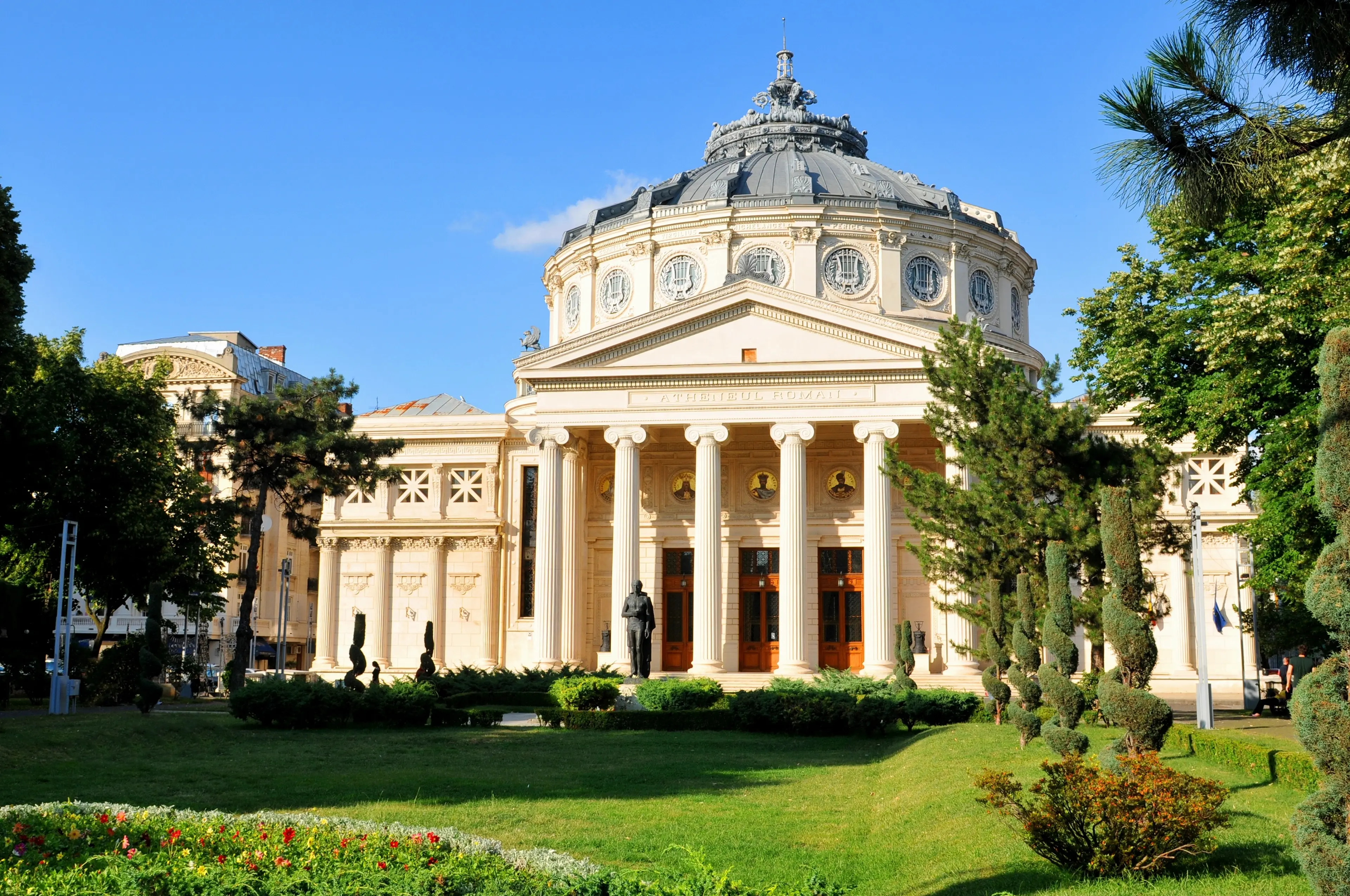
6Romanian Athenaeum
This is a concert hall in the center of Bucharest and a landmark of the Romanian capital city. Opened in 1888, the ornate, domed, circular building is the city's main concert hall and home of the 'George Enescu' Philharmonic and of the George Enescu annual international music festival.
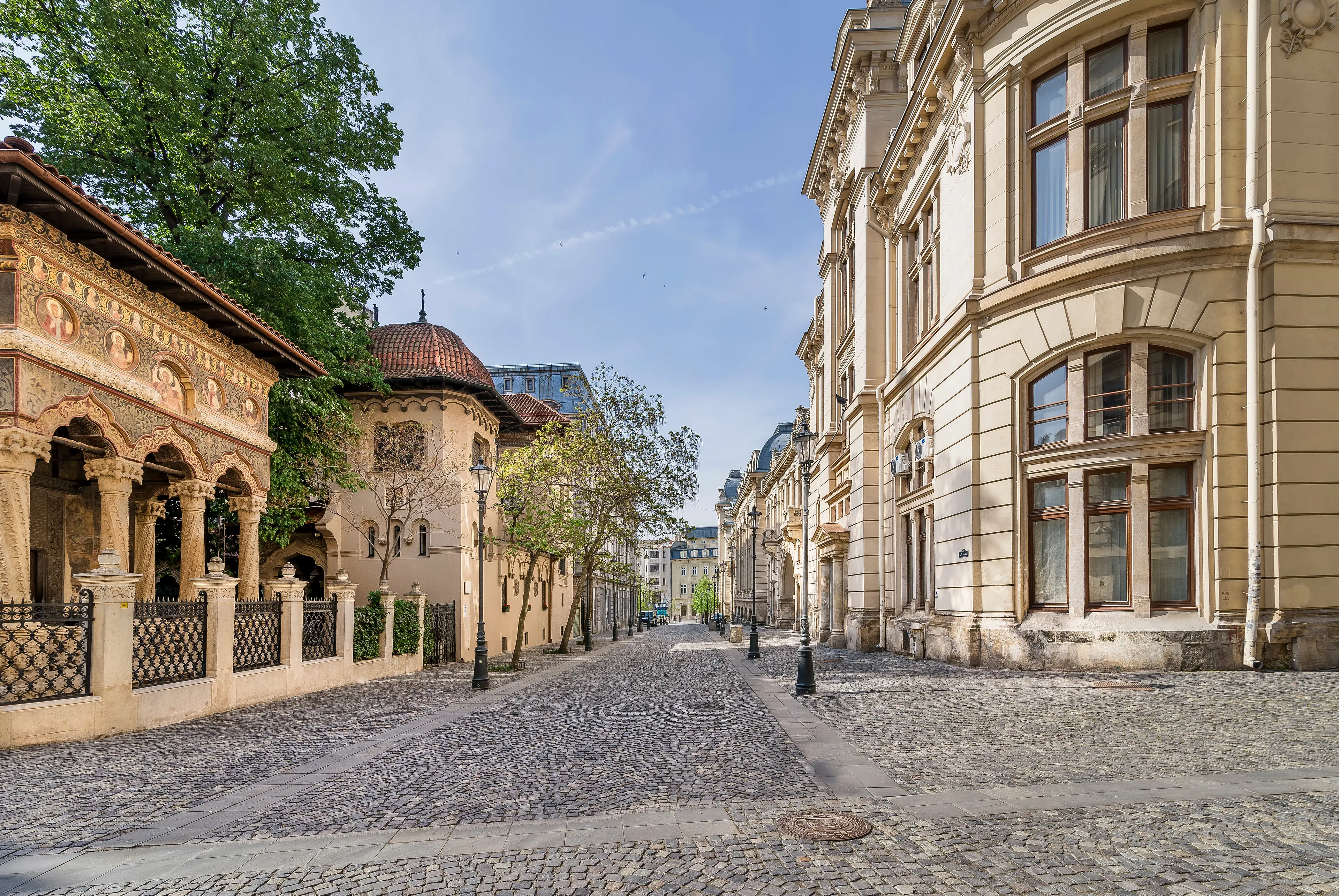
7Lipscani District
Lipscani is a street and a district of Bucharest, Romania, which from the Middle Ages to the early 19th century was the most important commercial area of the city and the whole Wallachia. It is located near the ruins of the old Princely Court built by Vlad III the Impaler. It was named after Leipzig, as that was the origin of many of the wares that could be found on the main street. The word lipscan meant trader who brought his wares from Western Europe.
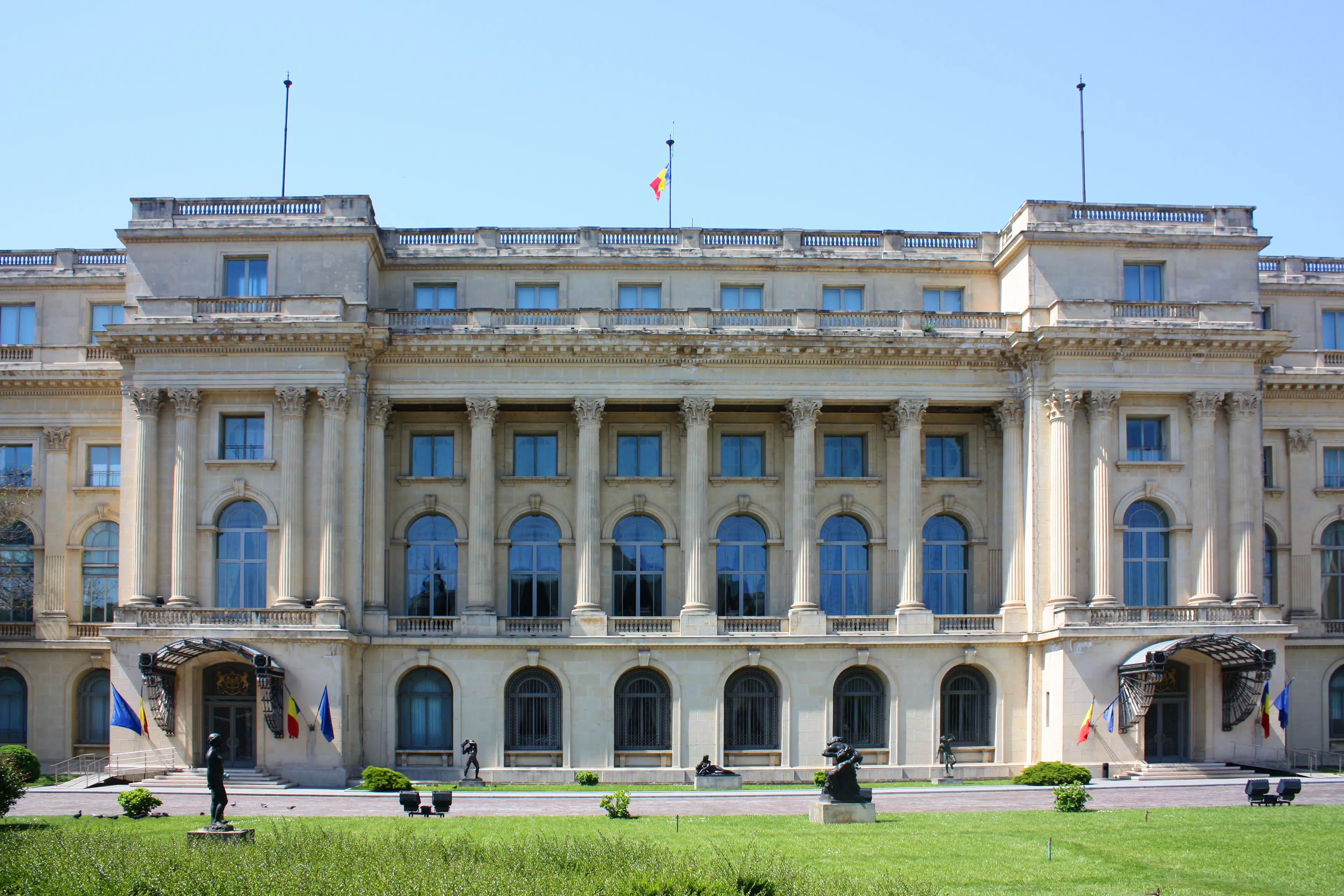
8National Museum of Art of Romania
The National Museum of Art of Romania is the country's prime holder of Romanian, European and Oriental art. Located in the former royal palace, it features collections of medieval and modern Romanian art, as well as the international collection assembled by the Romanian royal family.
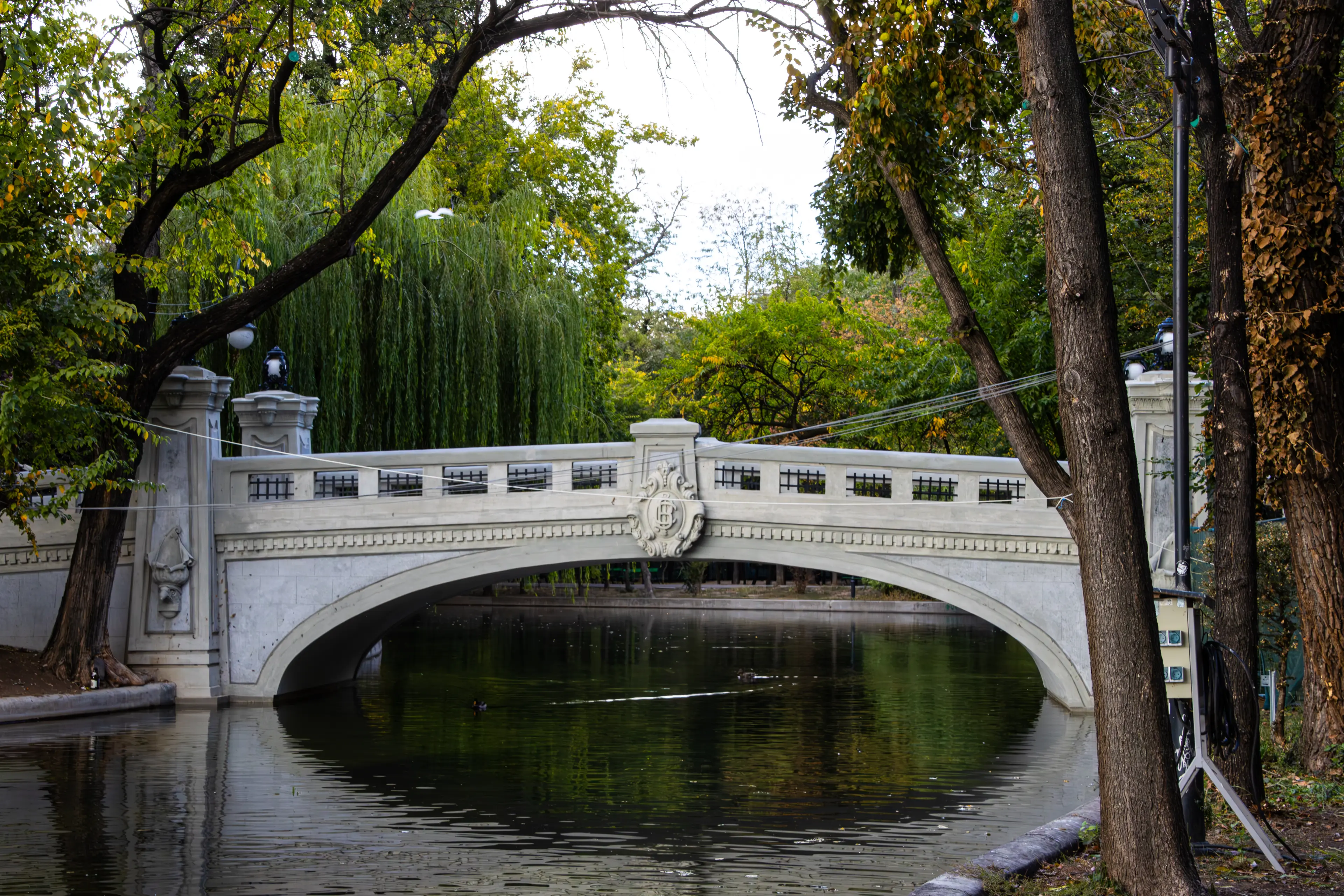
9Cismigiu Gardens
Cismigiu Gardens is the oldest public garden in Bucharest, opened in 1854. It's a beautiful park in the center of the city, featuring a large lake, several monuments, a variety of trees and flowers, and even a small bridge. It's a great place for a leisurely stroll, a picnic, or even a boat ride on the lake.
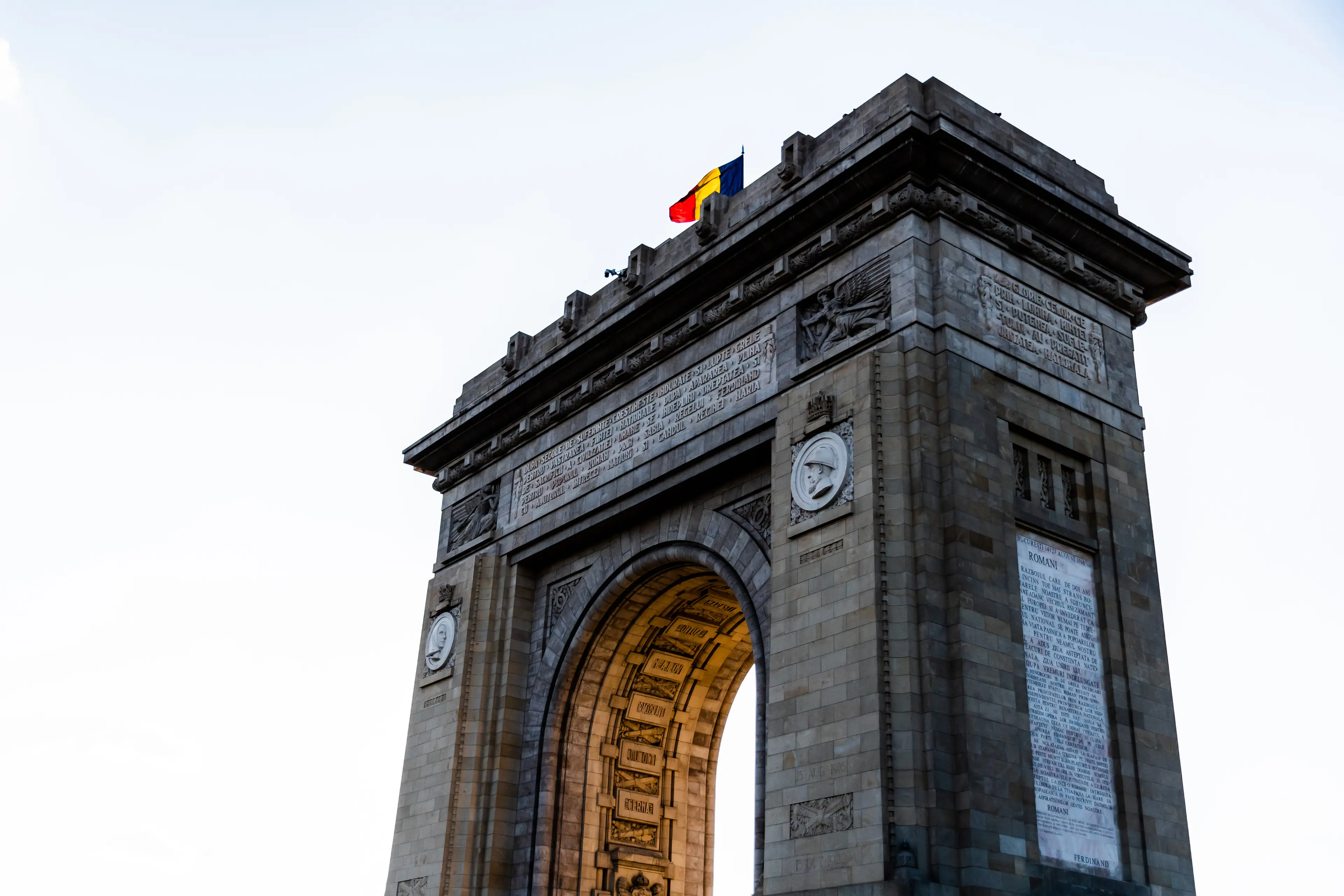
10Arcul de Triumf
The Arcul de Triumf is an iconic landmark in Bucharest, built to commemorate Romania's independence. The monument, inspired by the Arc de Triomphe in Paris, is adorned with intricate carvings depicting scenes from Romanian history.
Local Food and Drinks (11)
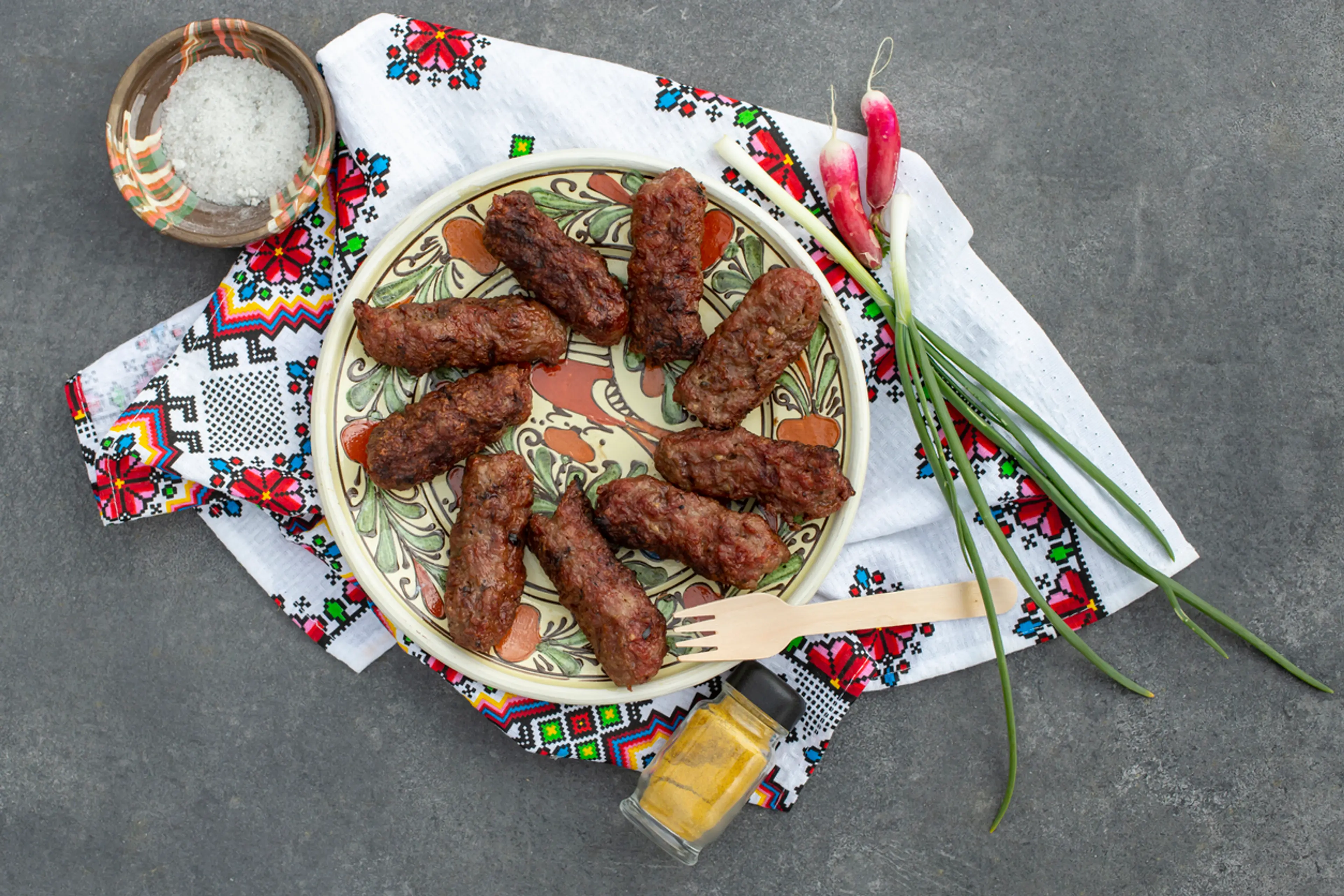
Mici
Also known as 'Mititei', these are small, grilled sausages made of minced meat, a popular street food in Bucharest.
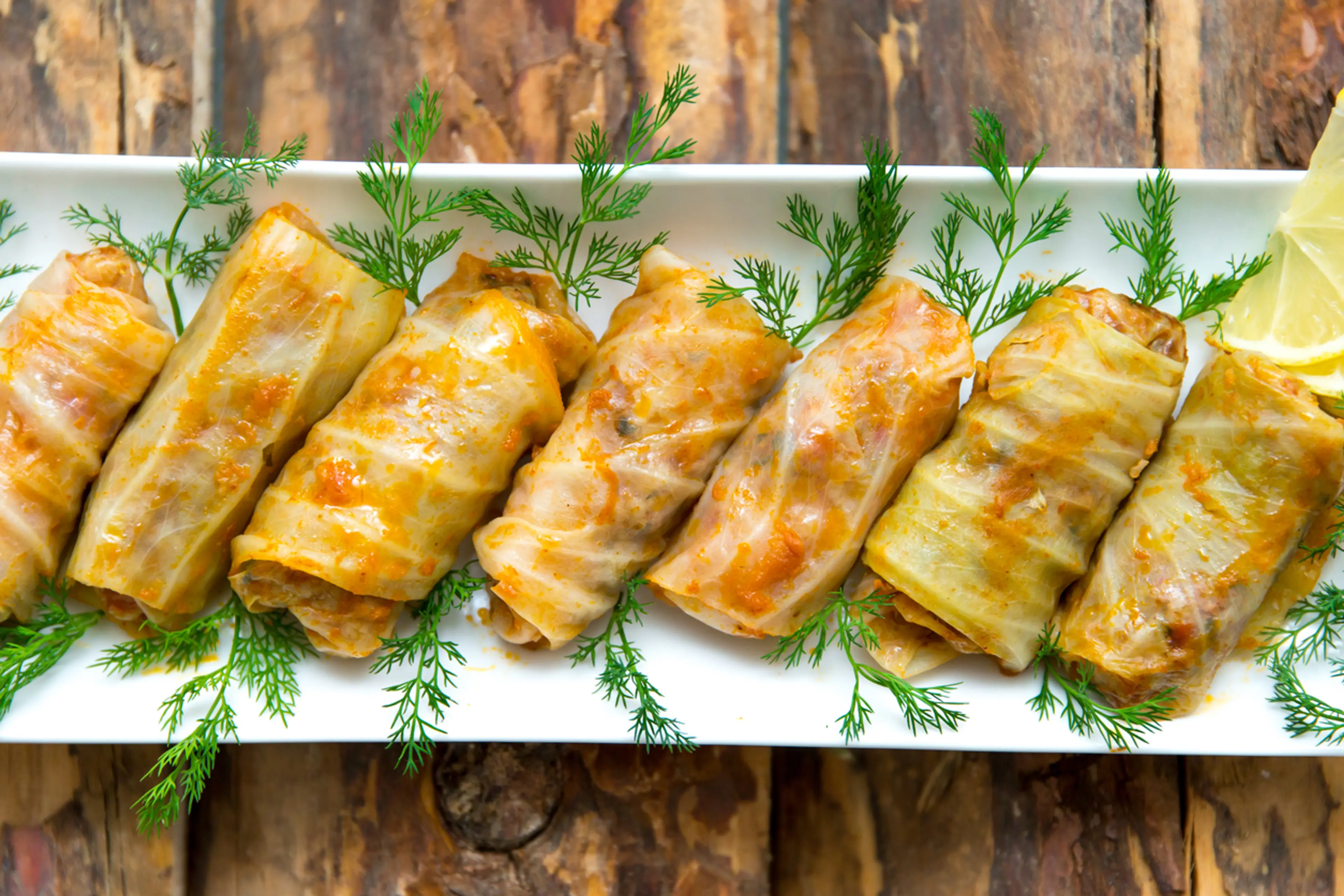
Sarmale
Traditional Romanian dish made from minced meat, rice, and spices wrapped in pickled cabbage leaves, often served during holidays and special occasions in Bucharest.
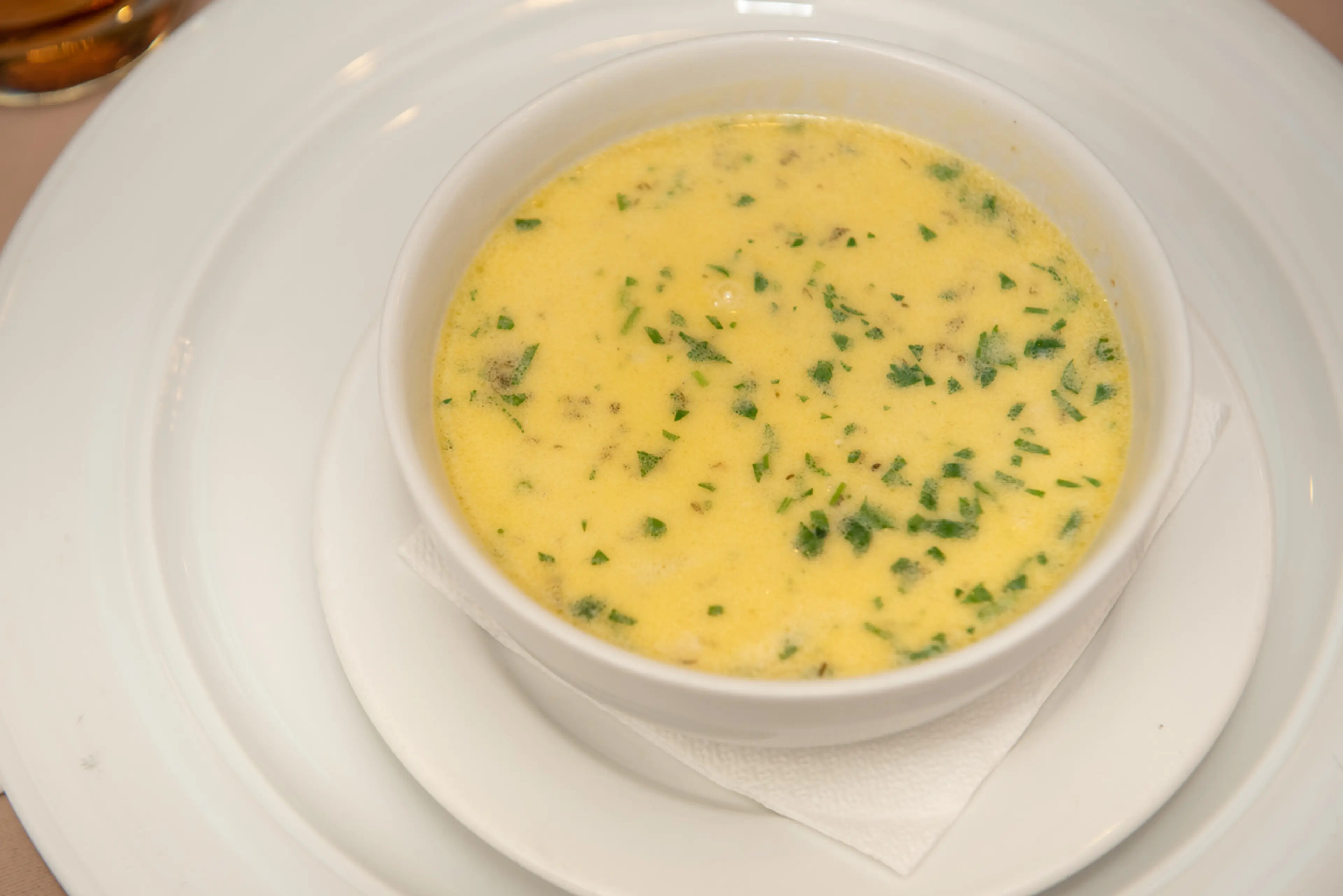
Ciorbă de burtă
A traditional sour soup made from beef tripe, garlic, and vinegar, often enjoyed as a hangover remedy in Bucharest.
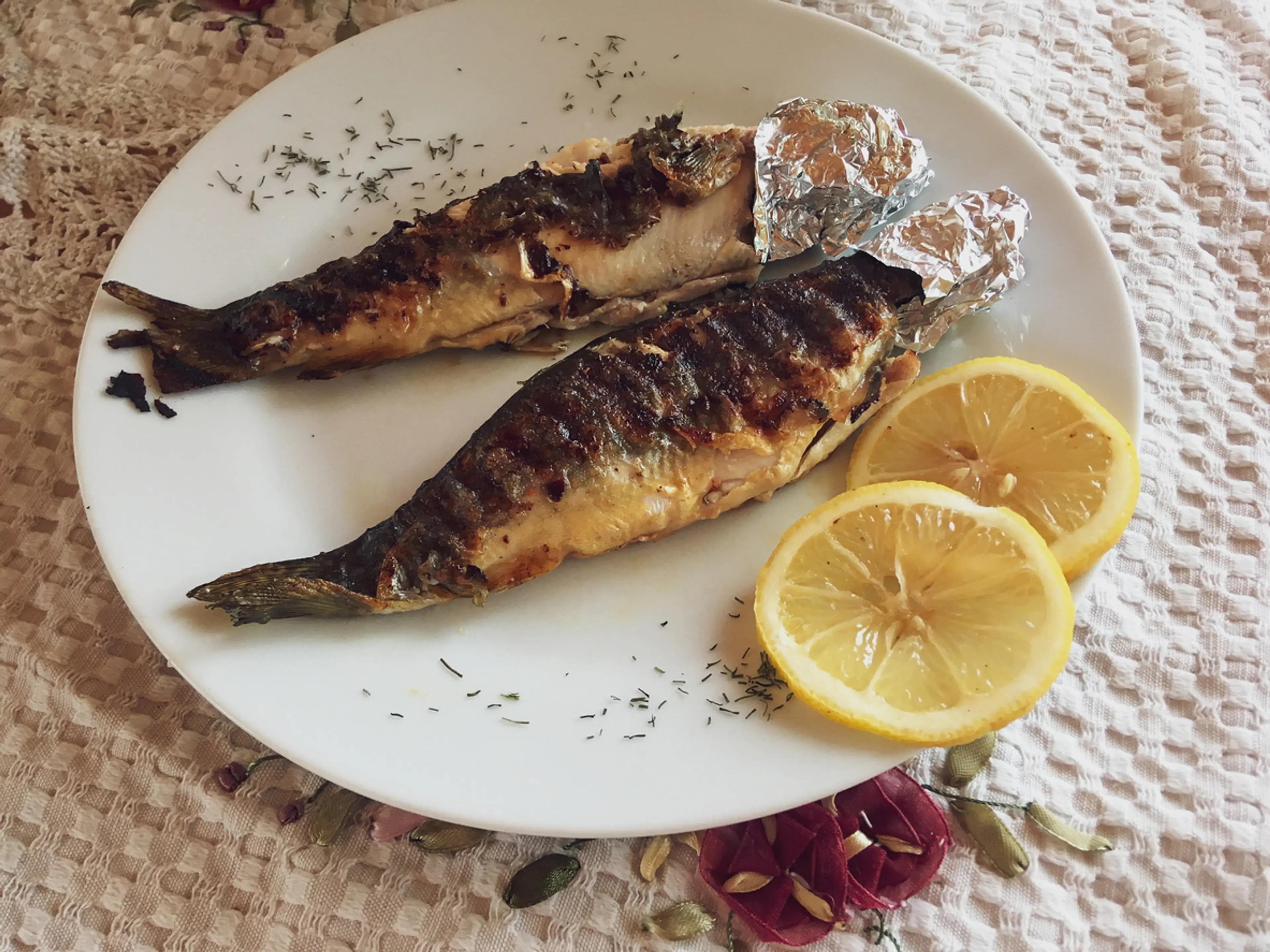
Păstrăv la grătar
Grilled trout, a popular dish in Bucharest, often served with polenta and garlic sauce.
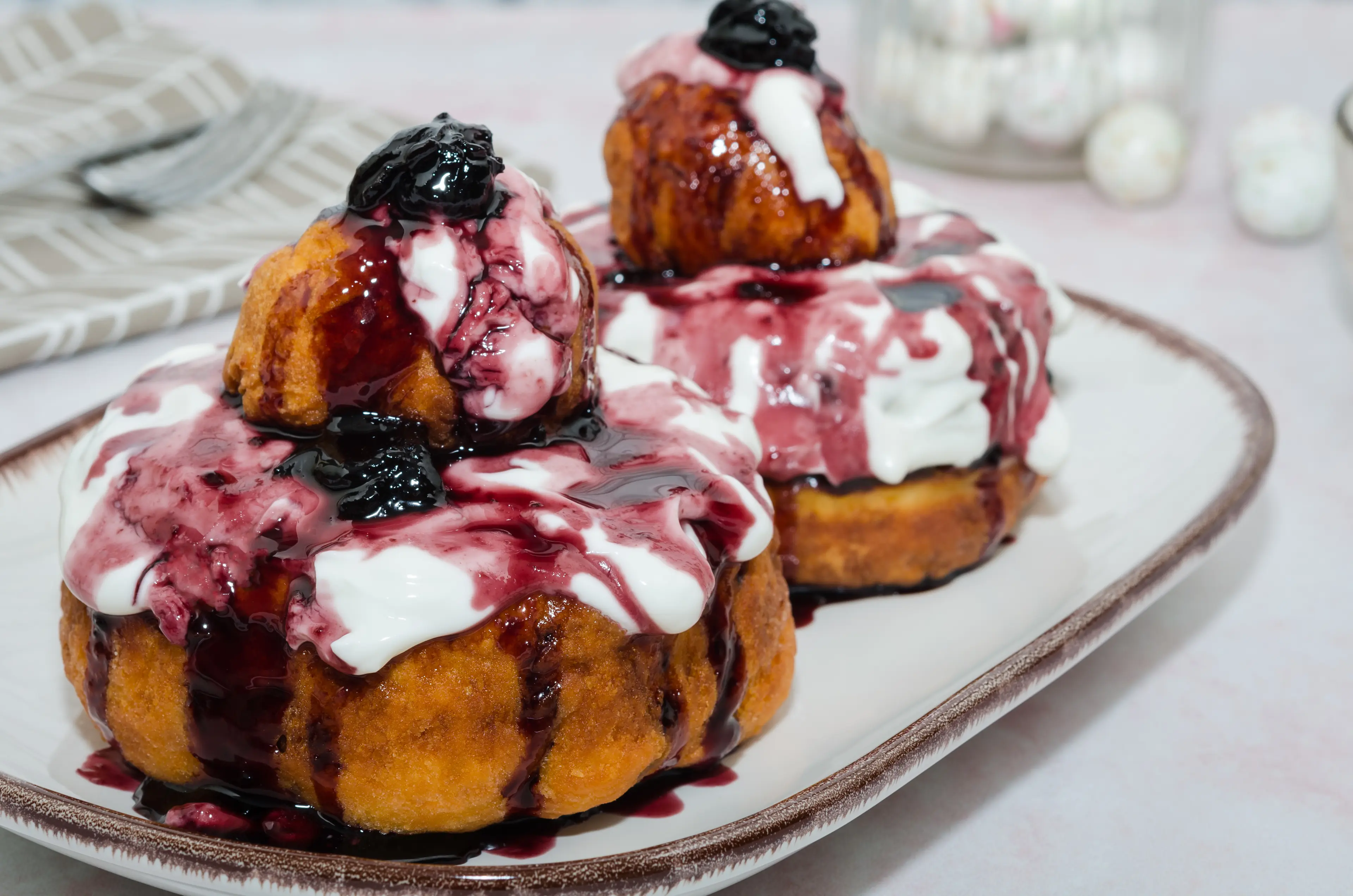
Papanasi
A traditional Romanian dessert of fried or boiled doughnuts filled with soft cheese and topped with sour cream and fruit jam, a must-try sweet treat in Bucharest.
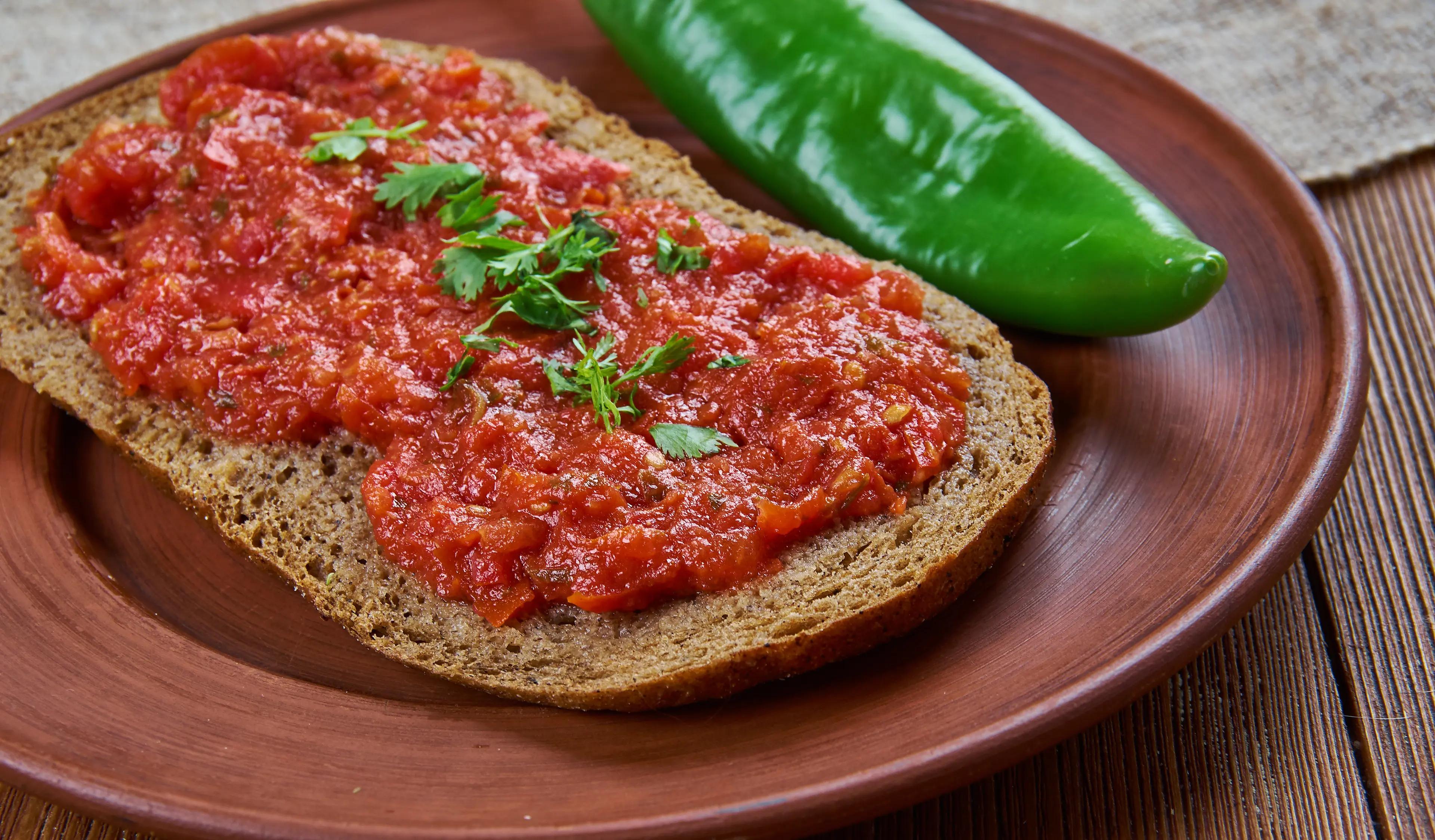
Zacuscă
A vegetable spread made primarily from roasted eggplant and red peppers, a common staple in Bucharest households.
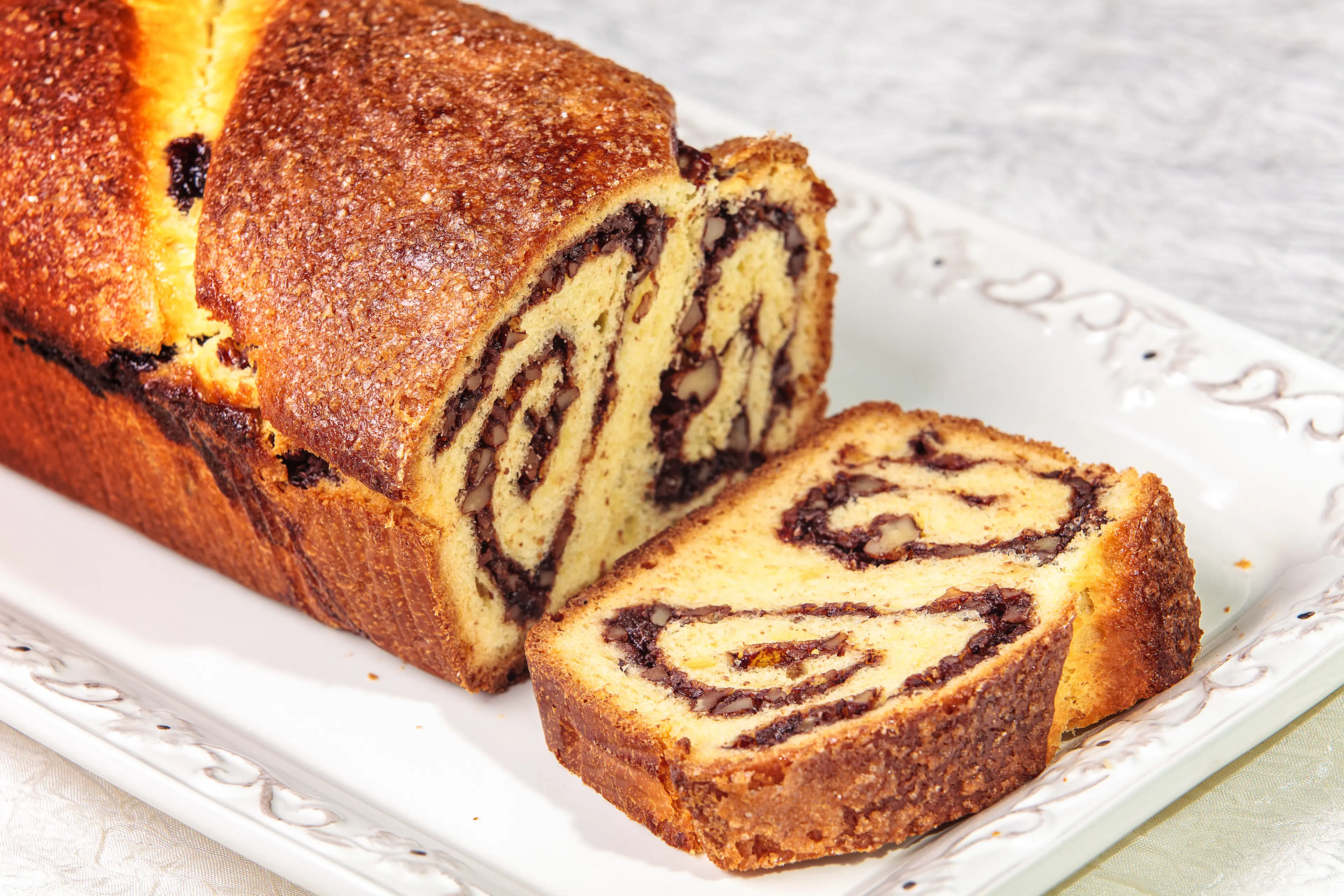
Cozonac
A sweet bread filled with walnuts, poppy seeds, or cocoa, traditionally baked for Christmas and Easter in Bucharest.
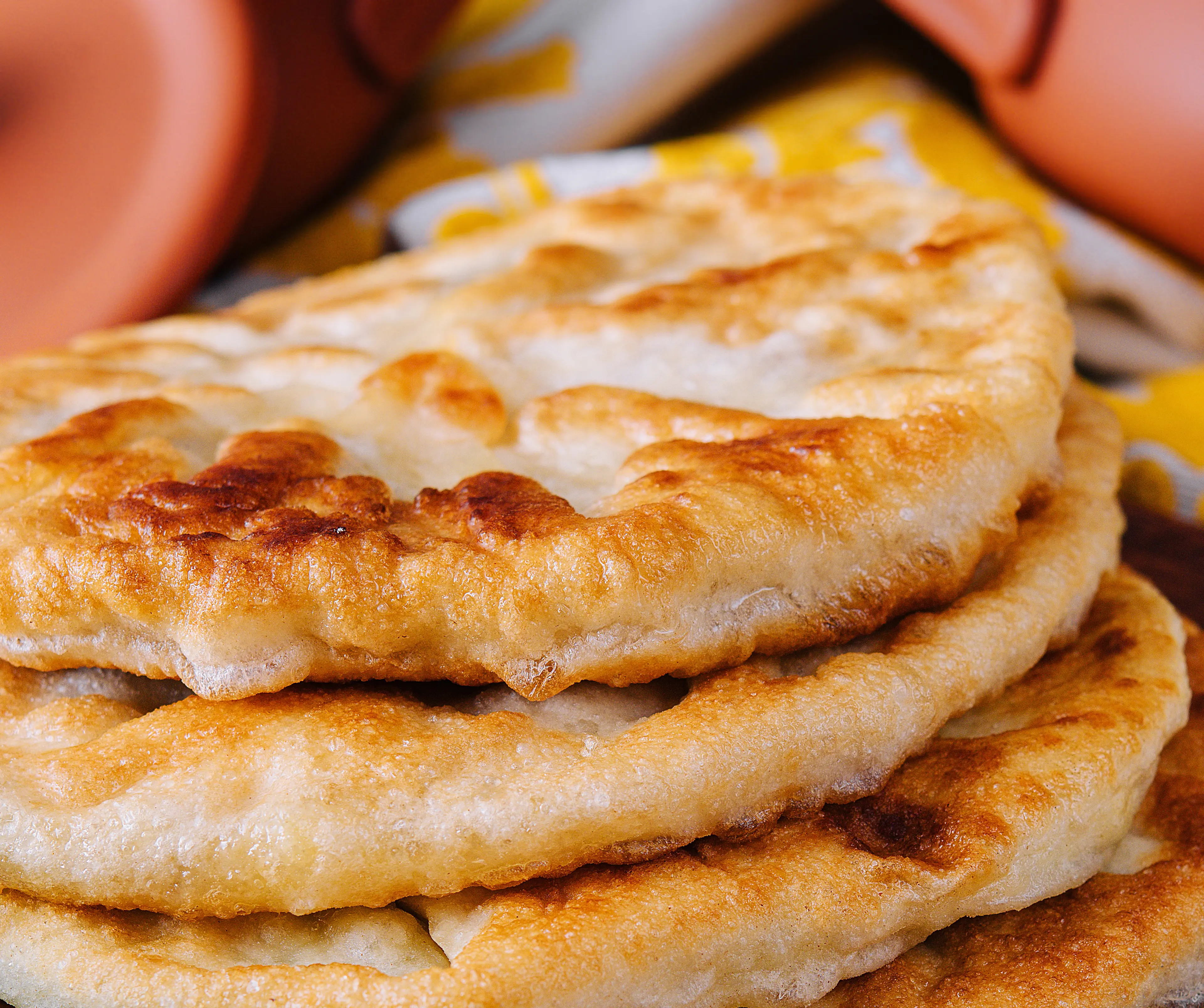
Plăcintă
A traditional Romanian pastry filled with a variety of fillings, such as cheese, apples, or cherries, often enjoyed as a snack in Bucharest.
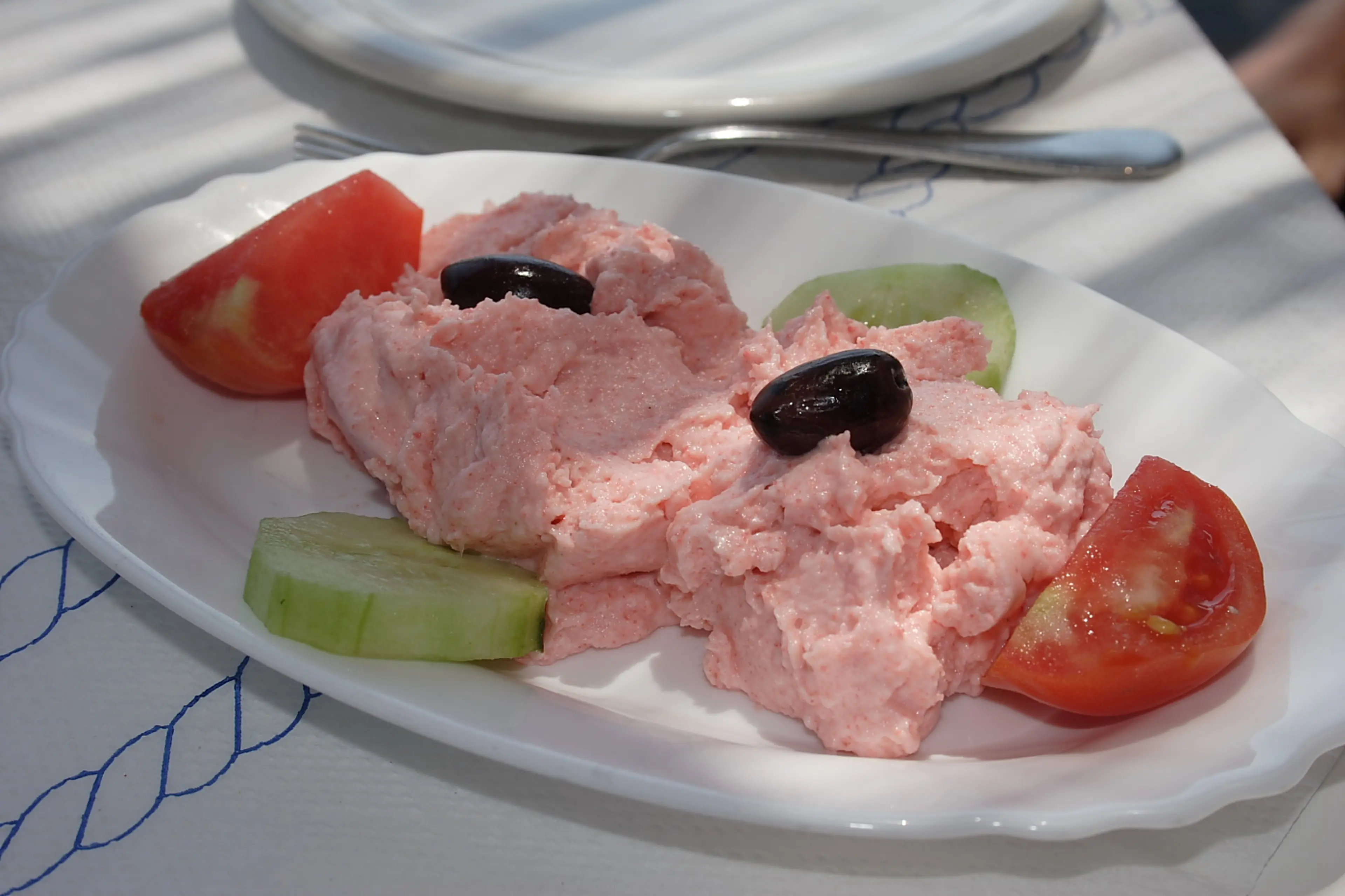
Salată de icre
A creamy spread made from fish roe, onions, and olive oil, often served on bread as an appetizer in Bucharest.
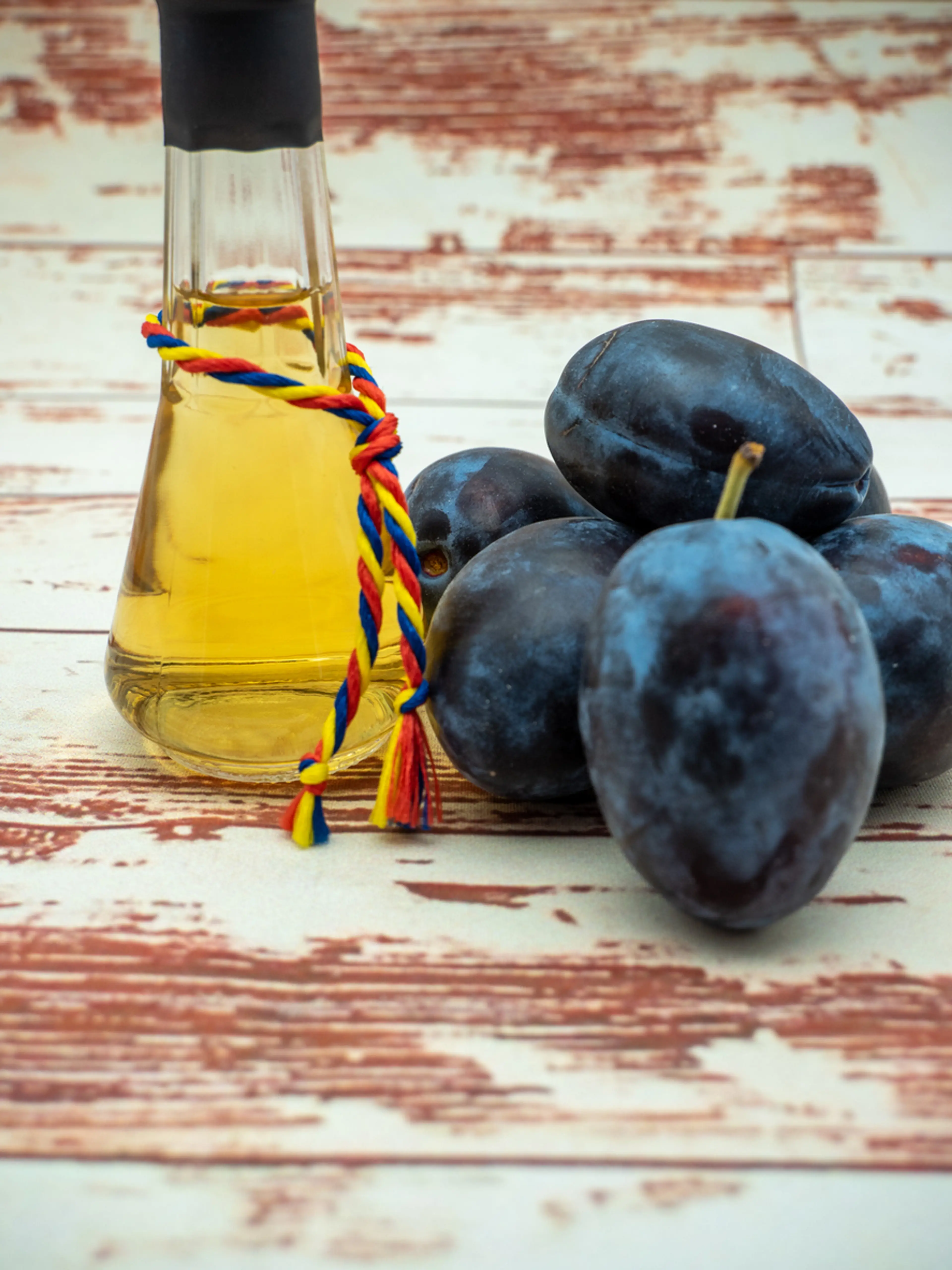
Tuica
A traditional Romanian spirit made from plums, often served as an aperitif in Bucharest.
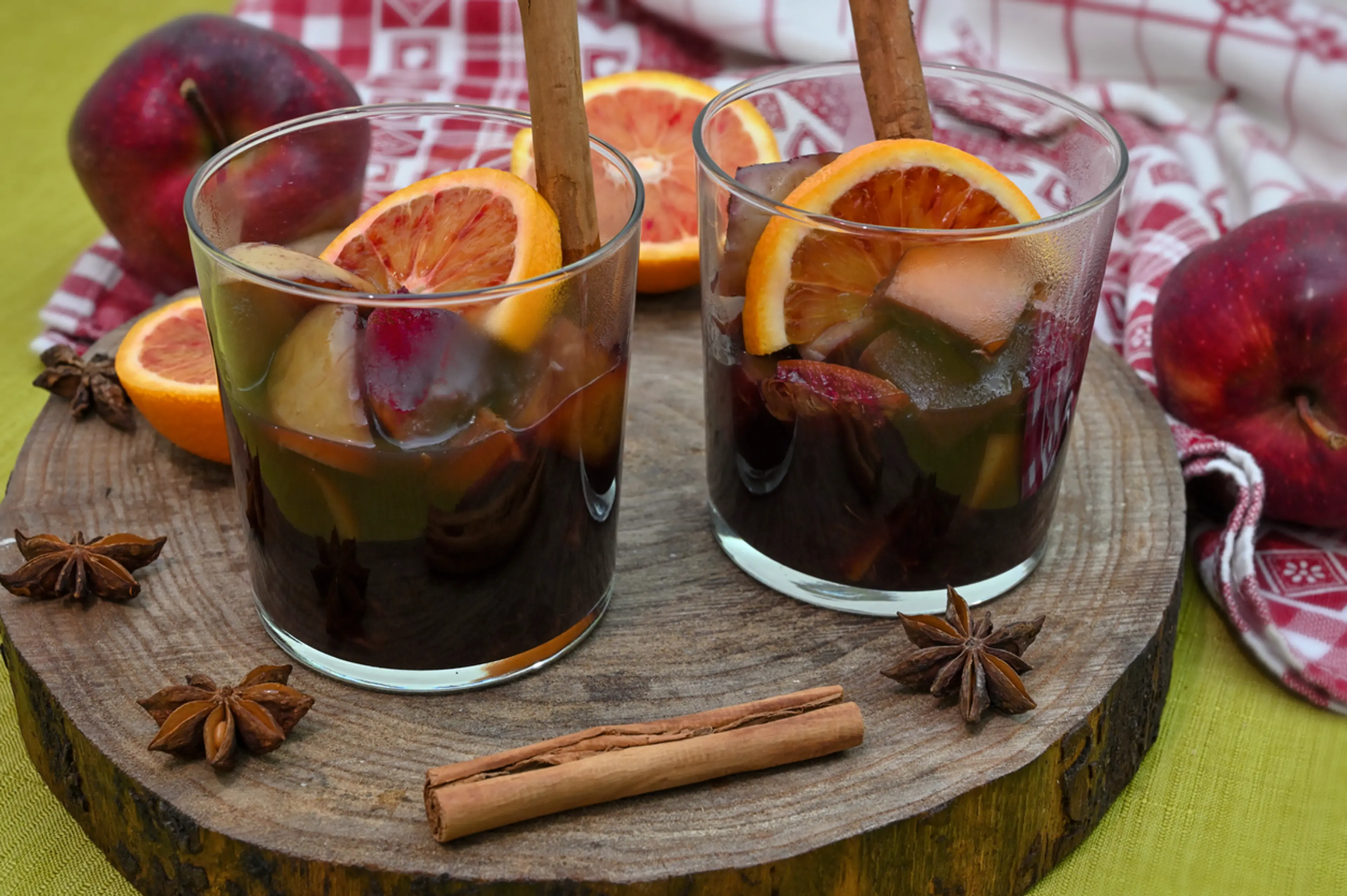
Vin fiert
Mulled wine, a popular drink in Bucharest during the winter season, made from red wine, sugar, and various spices.
Best time to visit
The best time to visit Bucharest, Romania as a tourist is from late spring to early autumn, specifically from April to June and September to October. During these months, the weather is generally pleasant and the city is vibrant with various cultural events and festivals. The summer months of July and August can also be a good time to visit, but they can be quite hot. Winter months are usually cold and snowy, which might not be ideal for sightseeing.
How to get around
Public Transportation
Bucharest's public transportation network is extensive and includes buses, trams, and trolleybuses. The city also has a metro system with four lines that cover much of the city. Tickets can be purchased at stations and must be validated upon boarding.
Taxi
Taxis are a common way to get around Bucharest. They can be hailed on the street, ordered by phone, or picked up from designated taxi stands. All taxis should have a meter, and it's advisable to ensure the driver turns it on at the start of your journey.
Ridesharing
Ridesharing services like Uber and Bolt are available in Bucharest. These can be a convenient way to get around, especially if you're unfamiliar with the city or don't speak Romanian. You can order a ride using the respective app on your smartphone.
Renting a Car
If you prefer to drive yourself, there are numerous car rental companies in Bucharest. However, be aware that traffic can be heavy, especially during rush hour, and parking can be a challenge in the city center.
Bicycle
Bucharest has been making efforts to become more bike-friendly, with dedicated bike lanes in some parts of the city. There are several places where you can rent bicycles for the day or for longer periods.
Walk
Many of Bucharest's attractions are within walking distance of each other, particularly in the city center. Walking can be a pleasant way to explore the city, but be aware that pedestrian infrastructure may not be as developed as in some other European cities.
Train
Bucharest's main train station, Gara de Nord, offers connections to other parts of Romania as well as international destinations. Trains can be a convenient way to travel if you're planning to visit other cities or regions during your stay.
Important information
Currencylei RON
Time zoneUTC+2
Driving sideRight
Emergency phone112
Drinking waterYes, but many opt for bottled water
Power sockets
Voltage230 V
Things to know about Bucharest, Romania as a first time visitor
1
Romania's official language is Romanian, but English is widely spoken in Bucharest, especially by younger people and professionals.
2
The currency in Romania is the Romanian Leu (RON). Credit cards are widely accepted, but it's always a good idea to carry some cash for smaller establishments or street vendors.
3
Bucharest operates on Eastern European Time (EET), which is 2 hours ahead of Coordinated Universal Time (UTC+2).
4
Romania is part of the European Union, but it is not part of the Schengen Area. This means you may need a separate visa to visit, depending on your nationality.
5
Bucharest has a continental climate, with hot summers and cold winters. Summer temperatures can reach up to 86°F (30°C), while in winter they can drop to 23°F (-5°C).
6
Public transportation in Bucharest is extensive and affordable. It includes buses, trams, trolleybuses, and the metro. Taxis and ride-sharing apps are also available.
7
Bucharest is generally safe for tourists, but like in any major city, it's important to be aware of your surroundings and keep an eye on your belongings, especially in crowded areas.
8
Romanian cuisine is diverse and hearty, with dishes like mici (grilled meat rolls), sarmale (stuffed cabbage rolls), and ciorba (sour soup). Try local dishes at traditional restaurants.
9
Tipping is customary in Romania. It's common to leave a 10% tip in restaurants, cafes, and taxis if you're happy with the service.
10
Romania uses the Type F power plug, the same as most of Europe. The standard voltage is 230 V, and the standard frequency is 50 Hz.
11
Bucharest is known for its vibrant nightlife, with numerous bars, clubs, and live music venues. Most places stay open late, especially on weekends.
12
Romanians are generally friendly and hospitable. Don't hesitate to ask for directions or recommendations.
13
Bucharest has a mix of architectural styles, from medieval to modern. Don't be surprised to see a centuries-old church next to a communist-era block of flats.
14
Smoking is banned in all enclosed public spaces in Romania, including bars and restaurants. There are designated smoking areas in some places.
15
Romania has a zero-tolerance policy for driving under the influence of alcohol. The legal blood alcohol limit is 0.0%.
16
Bucharest has many parks and green spaces where you can relax and enjoy the outdoors. Herastrau Park and Cismigiu Gardens are among the most popular.
17
Romania has a rich folklore tradition. You might come across traditional music, dance, and costumes during your visit, especially if there's a festival or event.
18
Bucharest has several shopping malls where you can find international brands, as well as local boutiques selling traditional Romanian products.
19
The tap water in Bucharest is generally safe to drink, but it's recommended to drink bottled water, especially if you have a sensitive stomach.
20
Emergency numbers in Romania are 112 for general emergencies, 961 for ambulance, and 955 for fire. It's good to have these numbers saved in your phone.
Basic Romanian to know as a first time visitor
English phrase | Native phrase | Pronunciation | When to use it |
|---|---|---|---|
Hello | Bună | Boo-nuh | Greeting someone |
Goodbye | La revedere | Lah reh-veh-deh-reh | Leaving someone |
Please | Vă rog | Vuh rohg | Making a request |
Thank you | Mulțumesc | Mool-tzoo-mesk | Showing appreciation |
Yes | Da | Dah | Agreeing with someone |
No | Nu | Noo | Disagreeing with someone |
Excuse me | Scuzați-mă | Skoo-zuh-tzee muh | Getting someone's attention |
I'm sorry | Îmi pare rău | Eem pareh rau | Apologizing |
Do you speak English? | Vorbiți engleză? | Vor-beetz eng-leh-zuh? | Asking if someone speaks English |
I don't understand | Nu înțeleg | Noo een-tzeh-leg | When you don't understand something |
Where is...? | Unde este...? | Oon-deh es-teh | Asking for directions |
Bathroom | Toaletă | Toa-leh-tuh | Looking for a bathroom |
Help | Ajutor | Ah-zhoo-tor | In case of emergency |
Food | Mâncare | Muhn-cah-reh | Looking for a place to eat |
Water | Apă | Ah-puh | Asking for water |
Beer | Bere | Beh-reh | Ordering a beer |
Wine | Vin | Veen | Ordering wine |
How much does it cost? | Cât costă? | Kuht koh-stuh | Asking for the price |
Can I have the bill, please? | Pot să am nota de plată, vă rog? | Pot sah am no-tah deh pla-tuh, vuh rohg | Asking for the bill |
Good night | Noapte bună | No-ahp-teh boo-nuh | Saying goodnight |
Packing List
Clothing
Underwear
Socks
T-shirts
Pants/Jeans
Comfortable walking shoes
Sweater or Jacket
Pajamas
Swimwear (if applicable)
Scarf, gloves and hat (if traveling in winter)
Toiletries
Toothbrush and toothpaste
Deodorant
Shampoo and conditioner
Body wash or soap
Razor and shaving cream
Makeup and makeup remover
Sunscreen
Hand sanitizer
Prescription medications
Travel documents and essentials
Passport
Driver's license (if planning to rent a car)
Health insurance card
Travel insurance documents
Hotel and car rental reservations
Emergency contacts and addresses
Local currency (Romanian Leu)
Electronics and gadgets
Smartphone
Charger for smartphone
Headphones
Camera
Charger for camera
Power adapter (Romania uses type F plug)
Portable power bank
Miscellaneous items
Travel pillow
Earplugs and eye mask
Snacks
Water bottle
Books or e-reader for entertainment
Travel guidebook for Bucharest
Map of Bucharest
Umbrella or raincoat
First aid kit
Weather Conditions
When visiting Bucharest, Romania, it's important to consider the city's continental climate, which features hot summers and cold winters. During the summer months, from June to August, temperatures can reach highs of around 86°F (30°C). It's advisable to pack lightweight, breathable clothing, sunscreen, and a hat to protect against the sun. However, summer evenings can be cooler, so a light jacket or sweater is also recommended. The winter months, from December to February, can be quite cold with temperatures often dropping to around 23°F (-5°C). Snowfall is common during this period, so if you're planning a winter visit, be sure to pack warm clothing, including a heavy coat, gloves, and a hat. Spring and autumn are generally mild, but the weather can be unpredictable. During these seasons, temperatures typically range from 50°F (10°C) to 68°F (20°C). It's a good idea to pack layers to accommodate the fluctuating temperatures. Regardless of when you visit, it's always a good idea to check the forecast before your trip to ensure you're prepared for the weather conditions. Rain can occur throughout the year, so a waterproof jacket or umbrella can be useful. Finally, Bucharest can experience occasional heatwaves in the summer and cold snaps in the winter. Be prepared for these possibilities and plan your activities accordingly to ensure a comfortable and enjoyable visit.
| Month | Hi / Lo (°C) | Weather Overview |
|---|---|---|
January | 5° / -5° | January is the coldest month in Bucharest, with temperatures often dropping below freezing. Snow is common, so pack warm clothes and enjoy the winter scenery. |
February | 7° / -3° | February is still quite cold, with a chance of snow. However, the days start to get longer, offering more daylight for sightseeing. |
March | 15° / 1° | March sees the start of spring, with temperatures gradually rising. The weather can be unpredictable, so pack layers. |
April | 22° / 6° | April is a pleasant month to visit Bucharest, with mild temperatures and plenty of sunshine. The city's parks start to bloom, offering beautiful landscapes. |
May | 25° / 11° | May is a great time to visit Bucharest, with warm temperatures and long days. The city's outdoor cafes and parks are particularly enjoyable. |
June | 29° / 15° | June marks the start of summer, with high temperatures and plenty of sunshine. It's a great time for outdoor activities and exploring the city's landmarks. |
July | 31° / 17° | July is the hottest month in Bucharest, with temperatures often exceeding 30 degrees. It's a great time to visit the city's outdoor pools and beaches. |
August | 31° / 17° | August is still hot, but with less tourists. It's a great time to explore the city's landmarks and enjoy its vibrant nightlife. |
September | 26° / 12° | September marks the start of fall, with temperatures gradually decreasing. The city's parks are particularly beautiful, with leaves changing colors. |
October | 21° / 7° | October is a pleasant month to visit Bucharest, with mild temperatures and less tourists. The city's parks are particularly beautiful, with leaves changing colors. |
November | 12° / 2° | November sees the start of winter, with temperatures dropping and days getting shorter. It's a quieter time to visit, with less tourists and a chance to experience the city's indoor attractions. |
December | 7° / -3° | December is a festive time to visit Bucharest, with Christmas markets and decorations. However, it's quite cold, so pack warm clothes. |
Did you know?
Places near by Bucharest, Romania
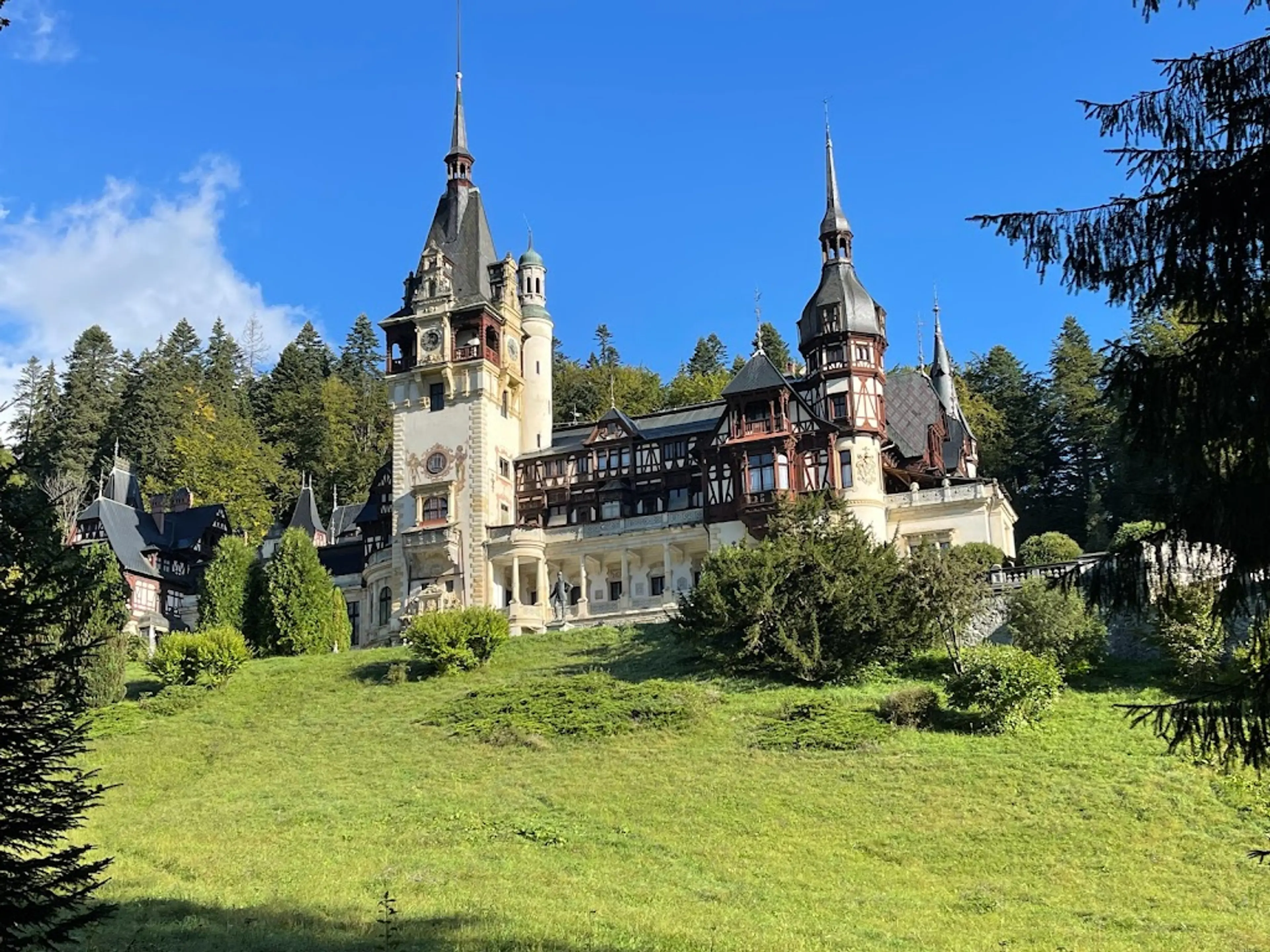
Peles Castle
A Neo-Renaissance castle in the Carpathian Mountains, former summer residence of the Romanian royal family.
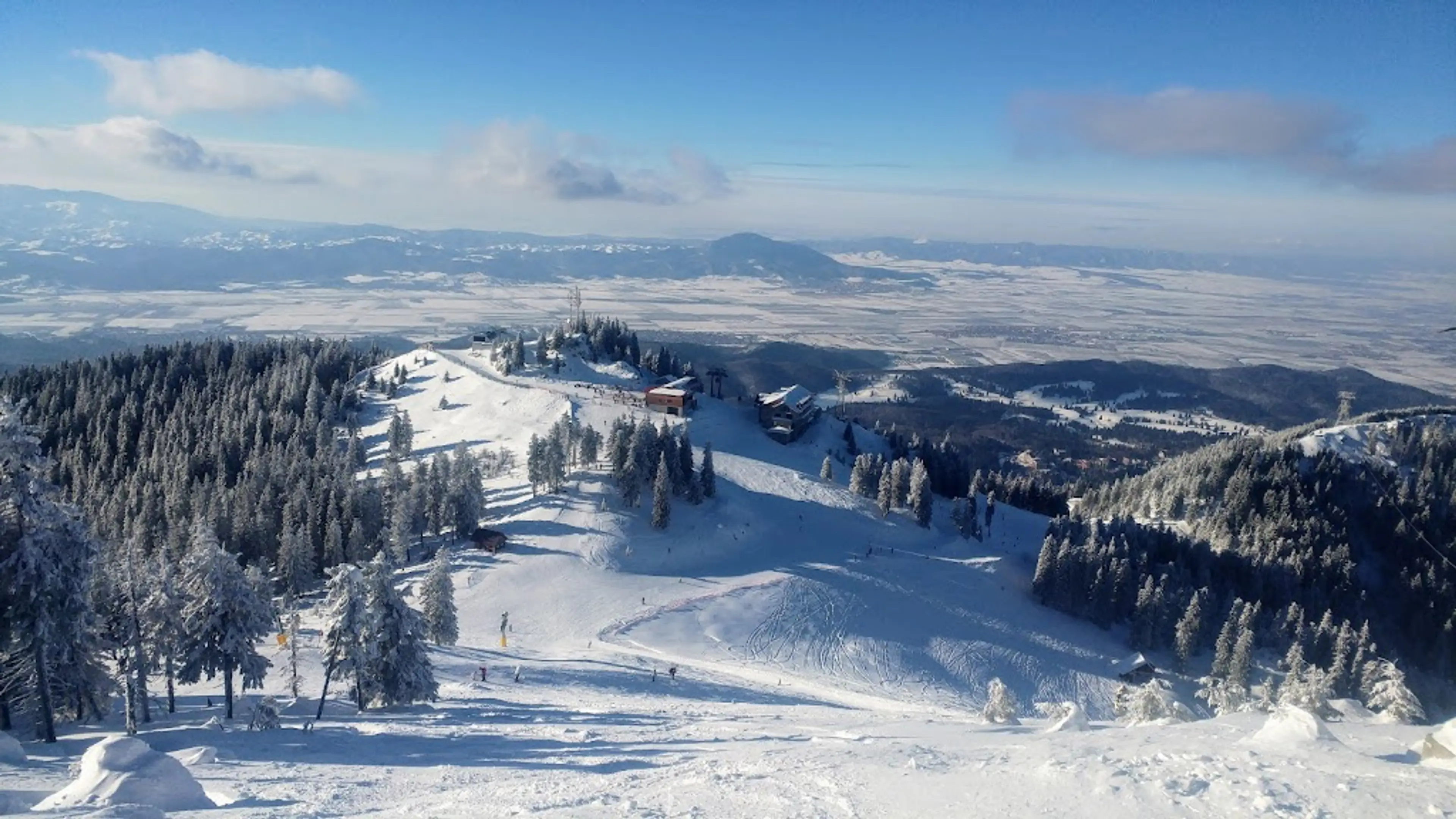
Brasov
A city in the Transylvania region, known for its medieval Saxon walls and the towering Gothic-style Black Church.
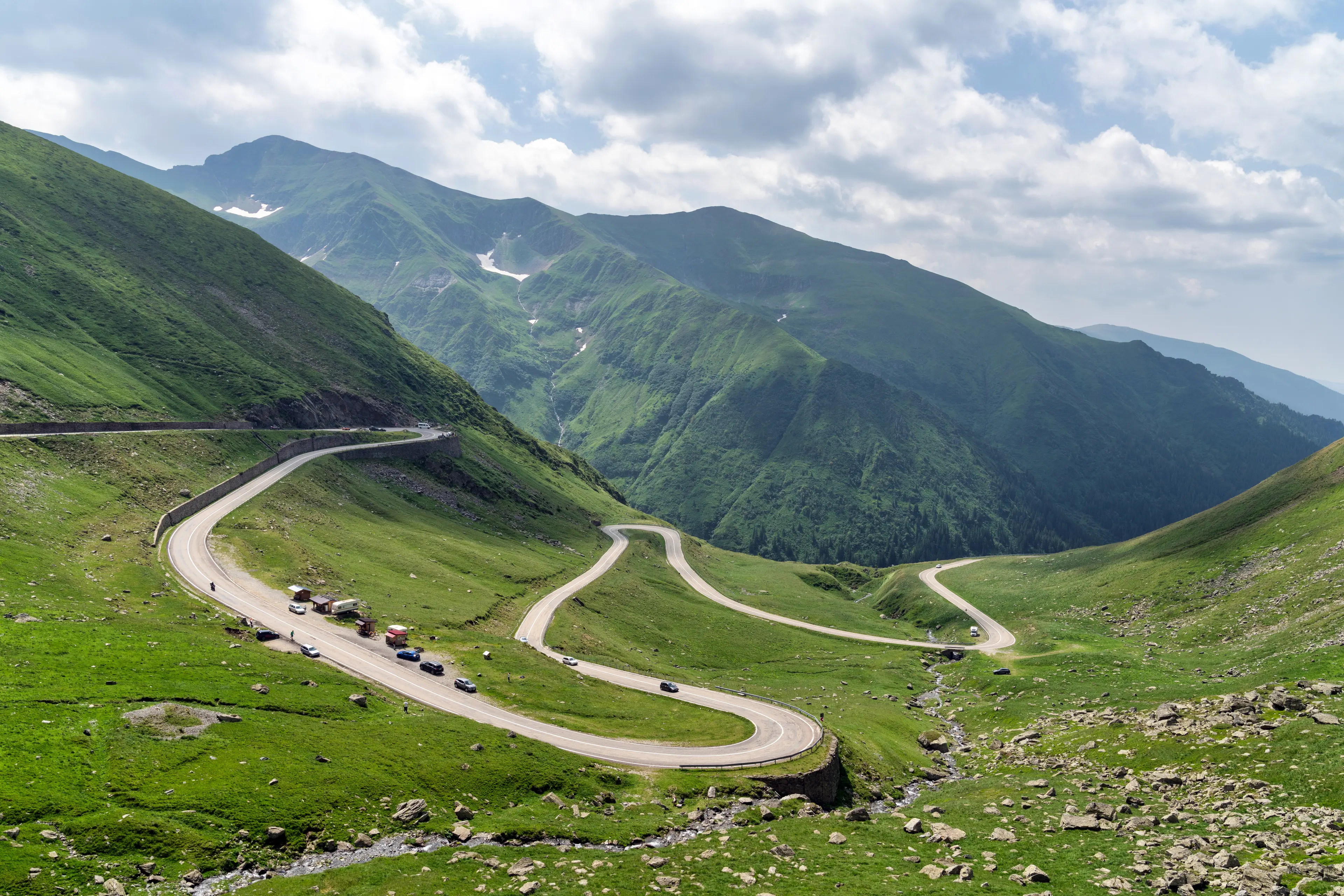
Transfagarasan Highway
A winding road crossing the Fagaras mountains in Transylvania, known as one of the most spectacular roads in the world.
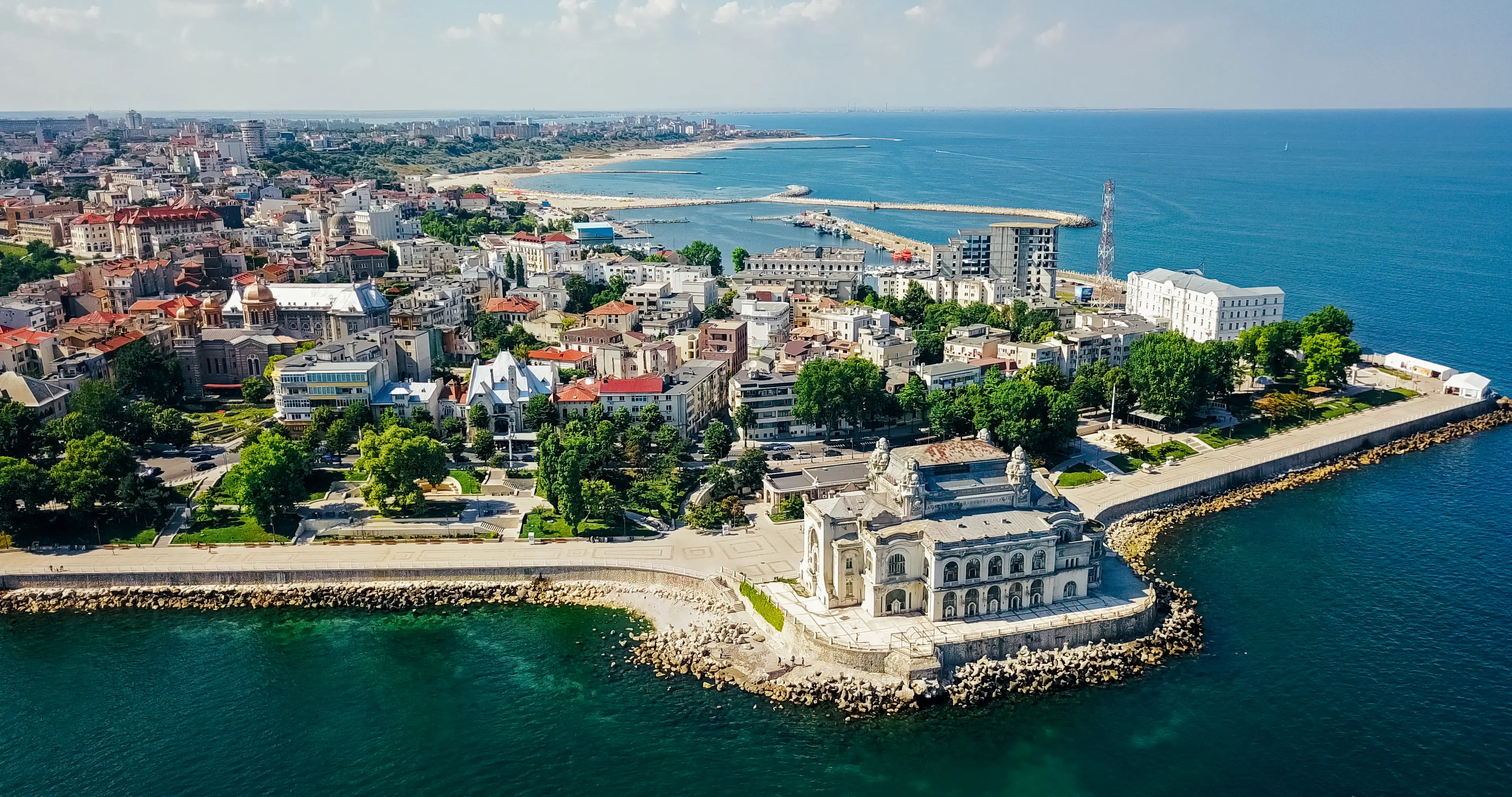
Constanta
A city on the shores of the Black Sea, featuring an old town with Roman mosaics and a huge, art nouveau casino.

Veliko Tarnovo
A city in north central Bulgaria, known for its unique architecture and the Tsarevets fortress.
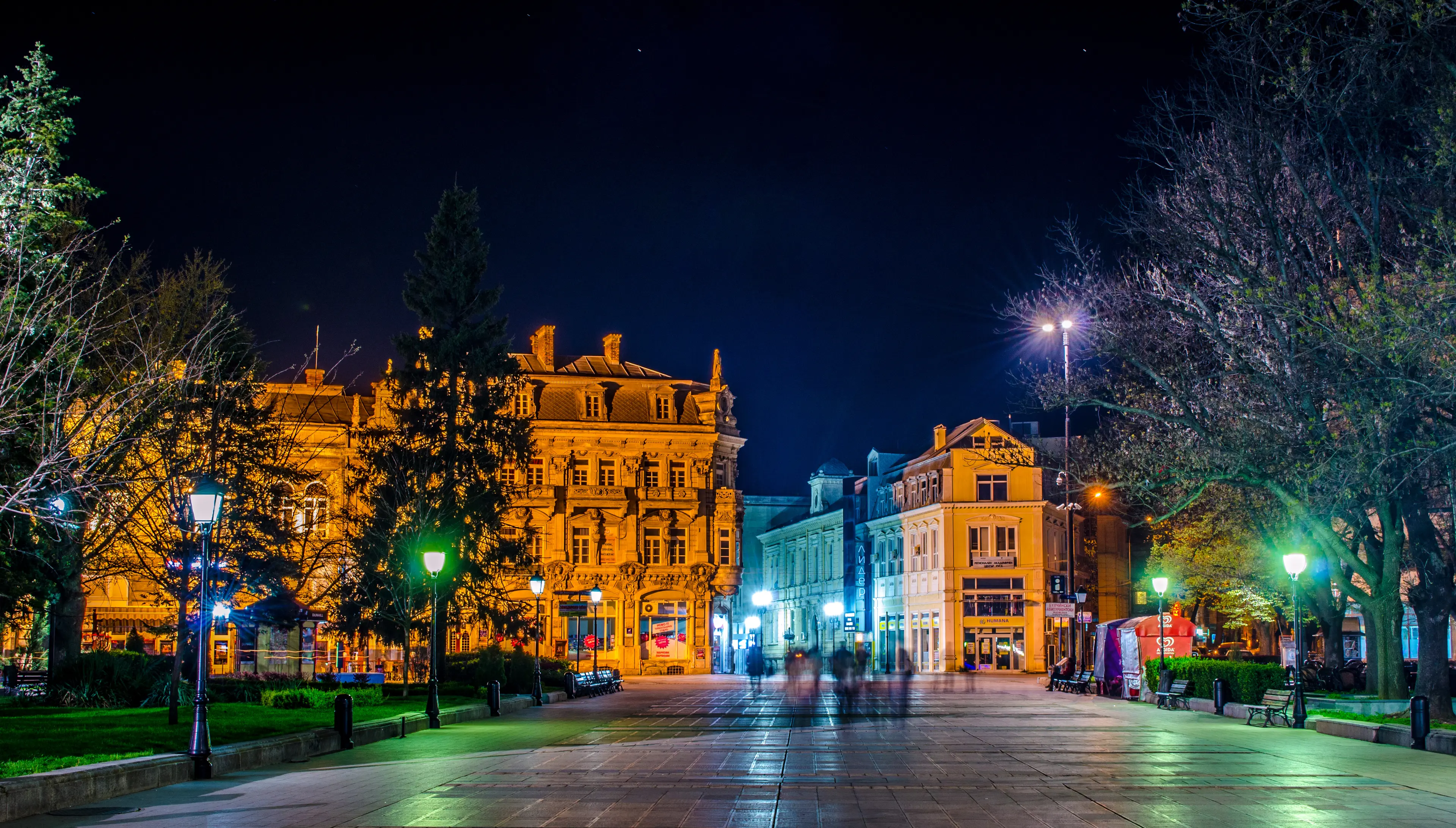
Ruse
A city in Bulgaria on the banks of the Danube River, known for its 19th-century architecture and the Ruse Regional Historical Museum.
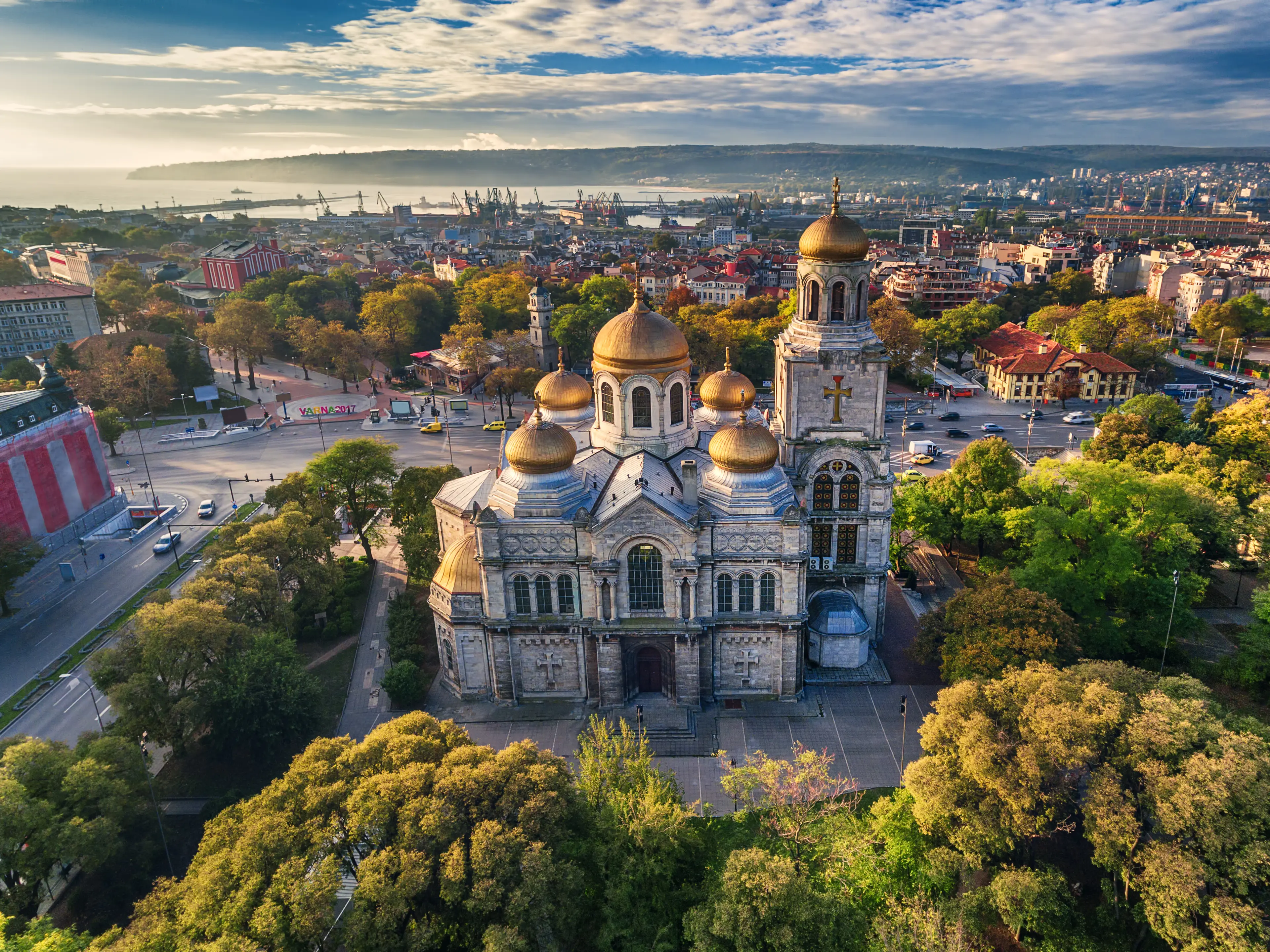
Varna
A city on Bulgaria's Black Sea coast, known for its beaches and thermal spa resorts.